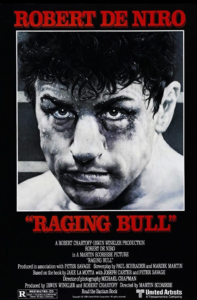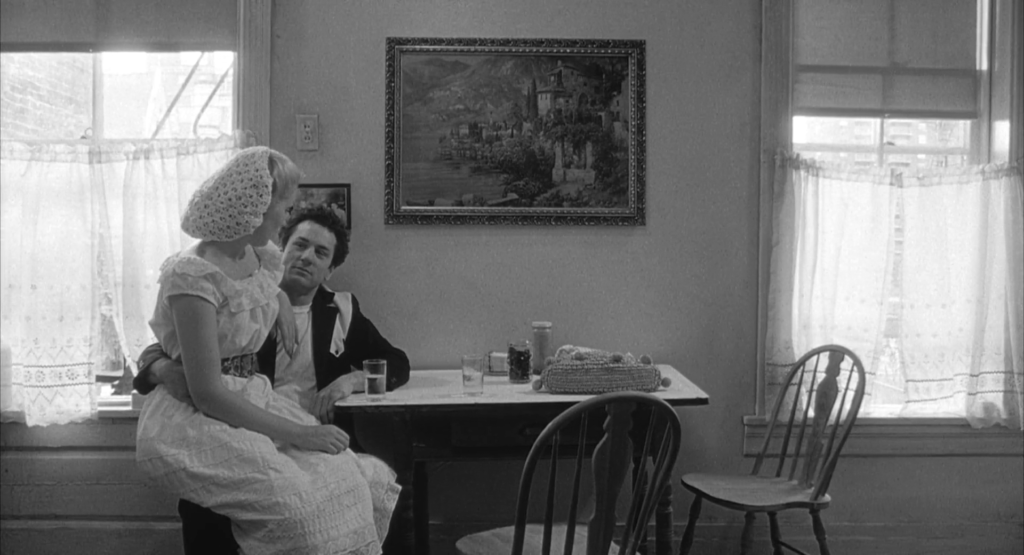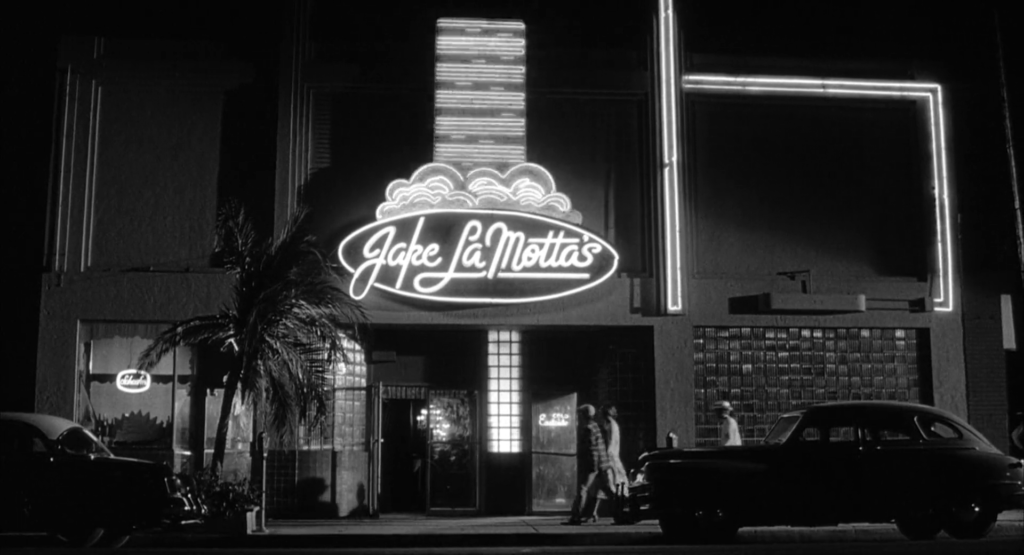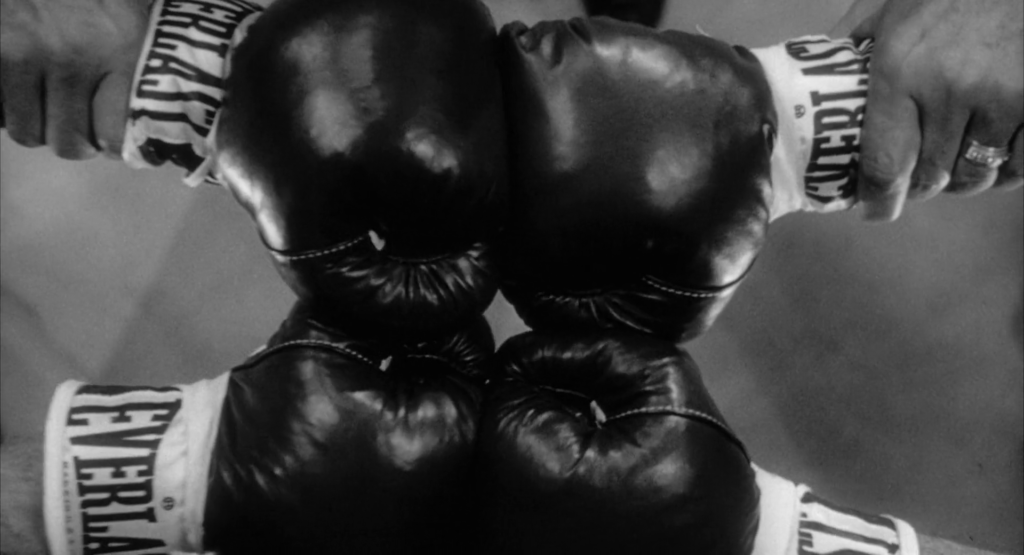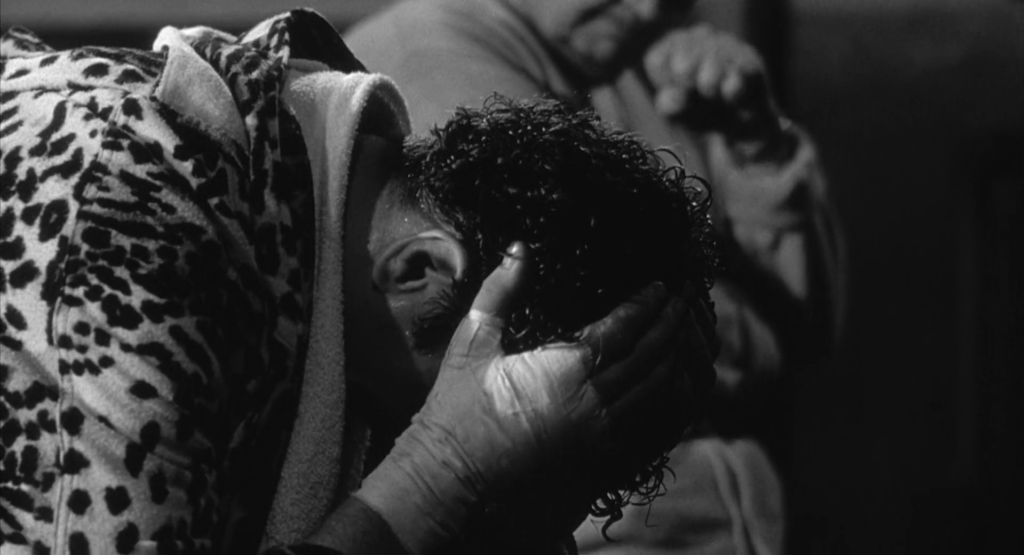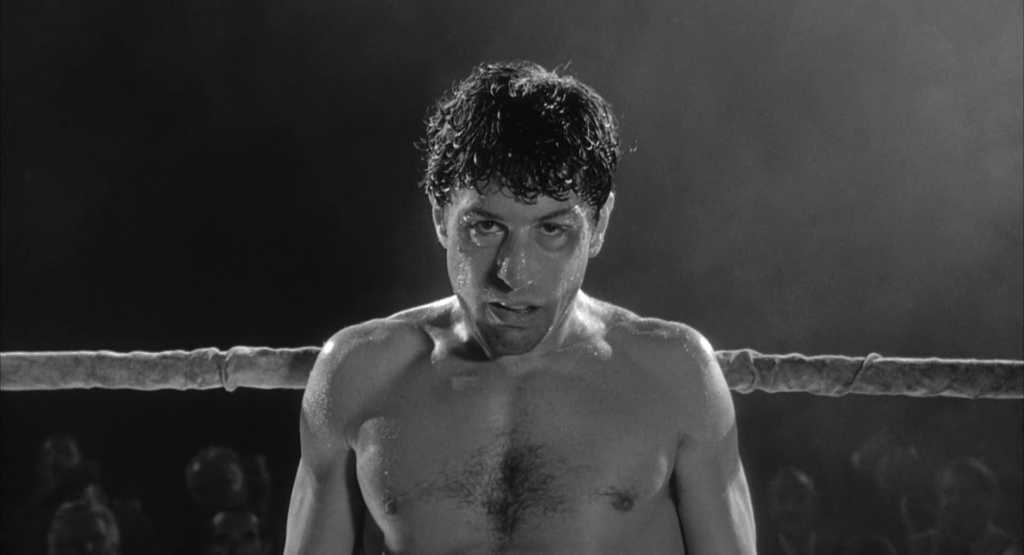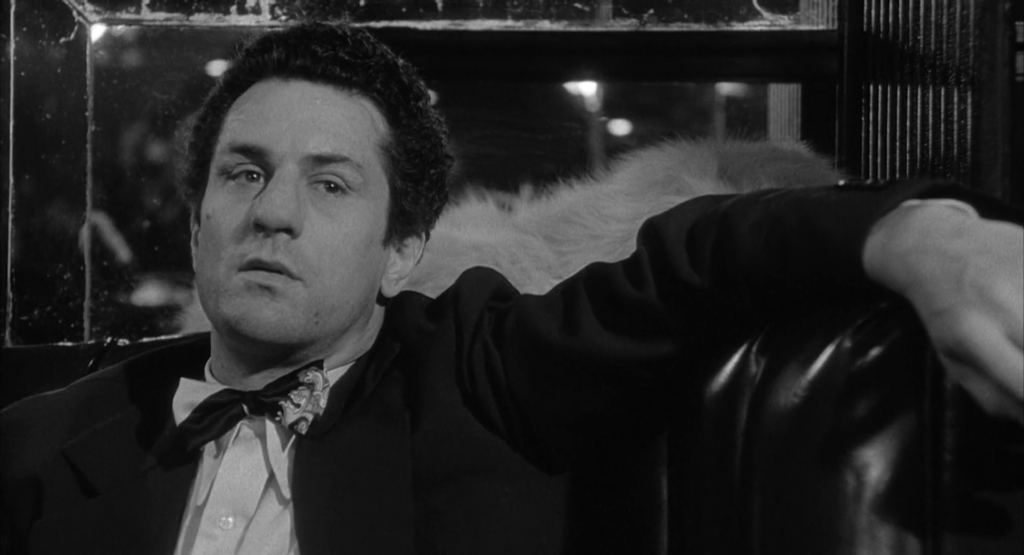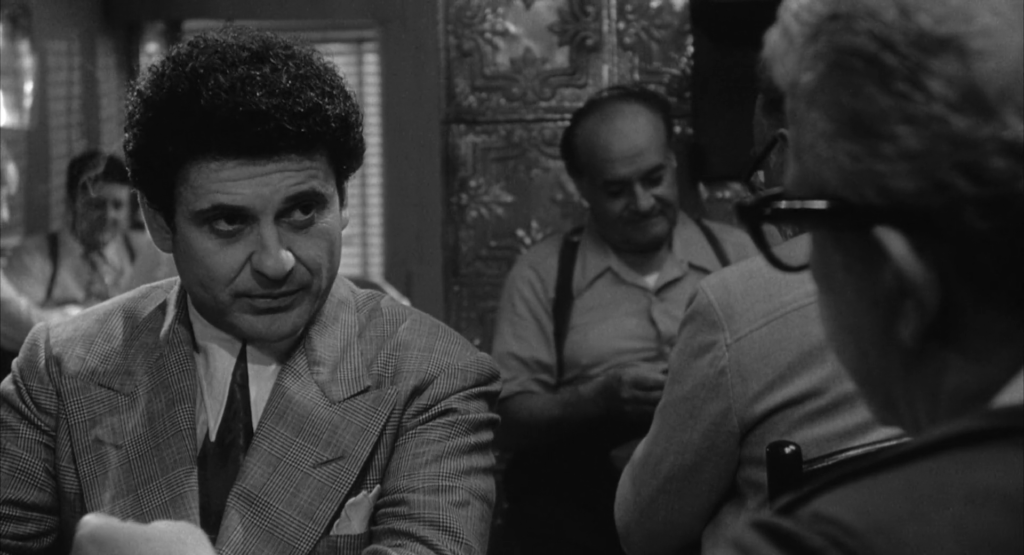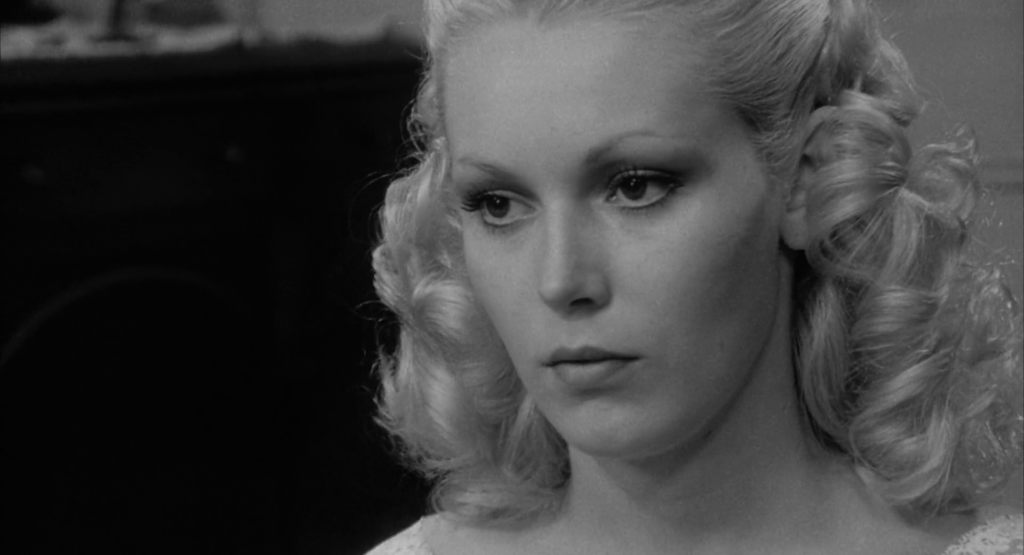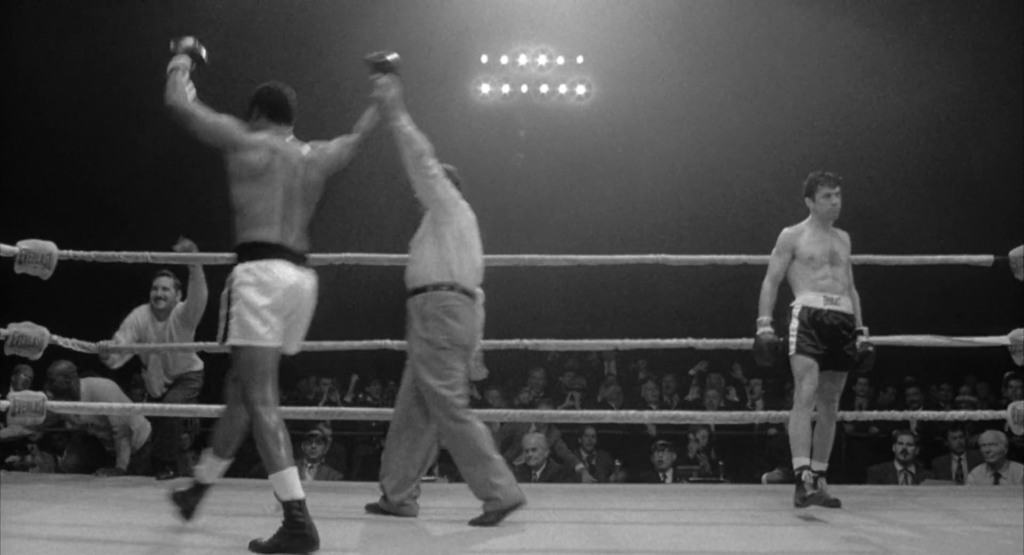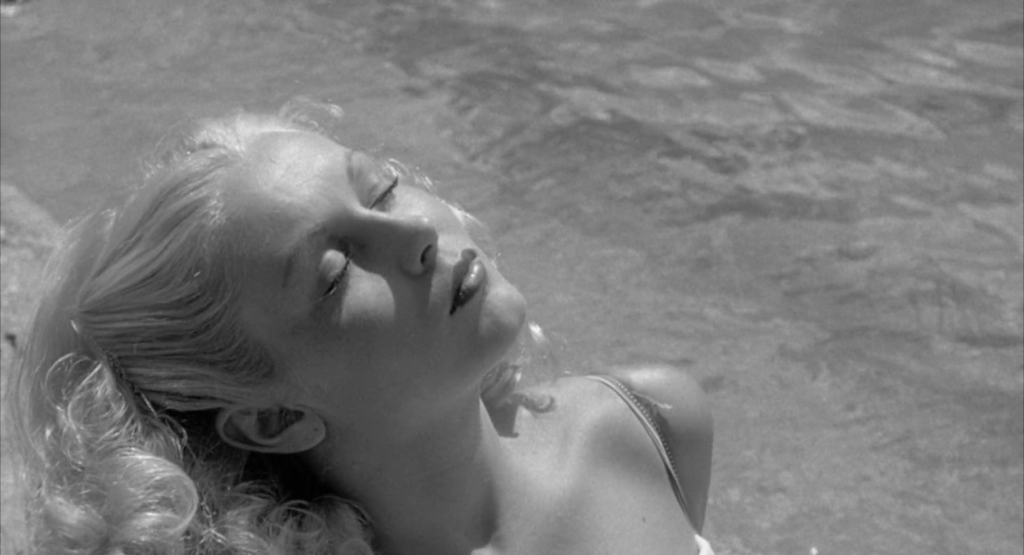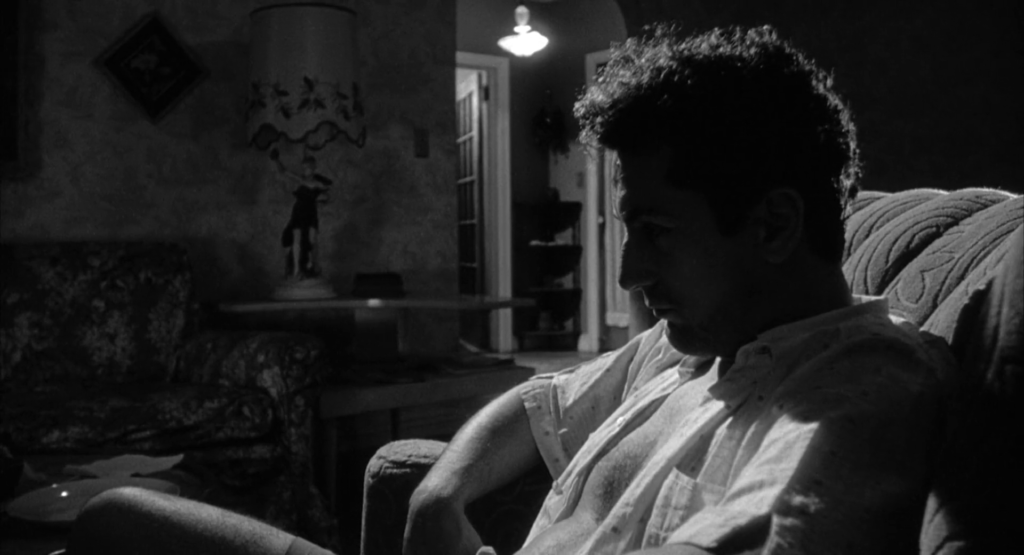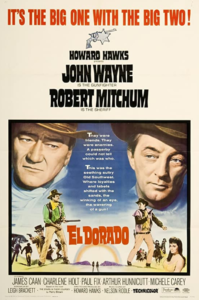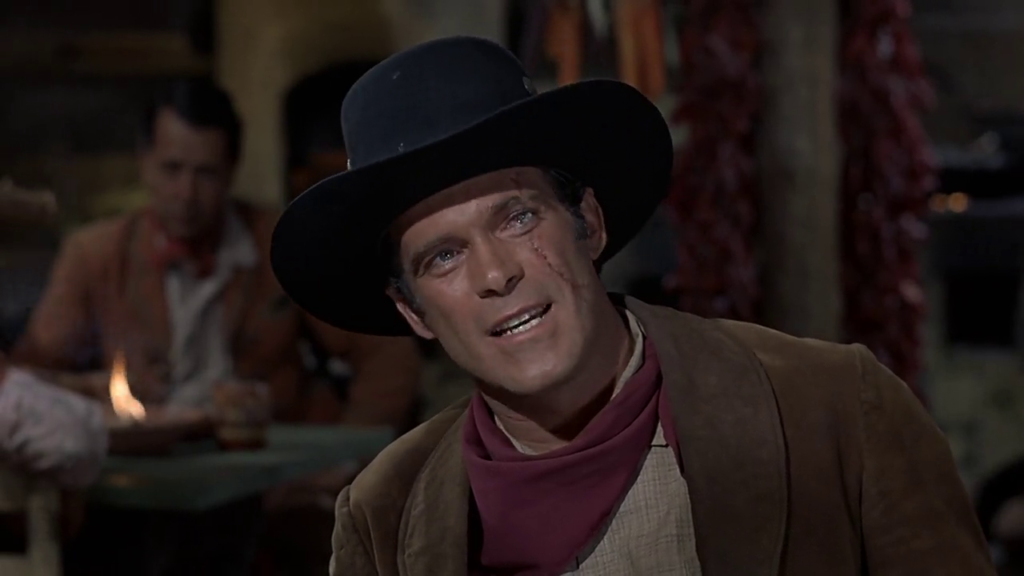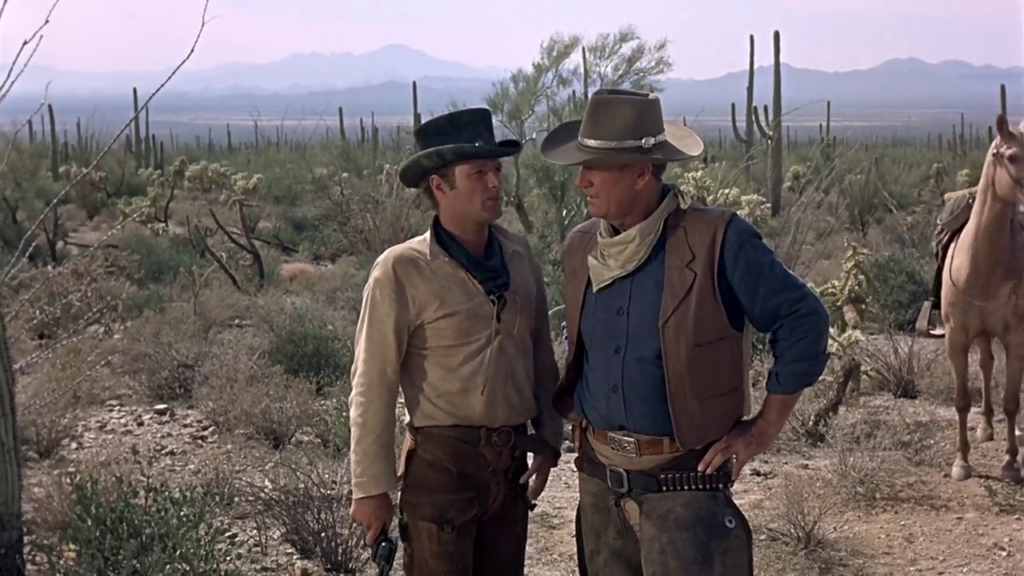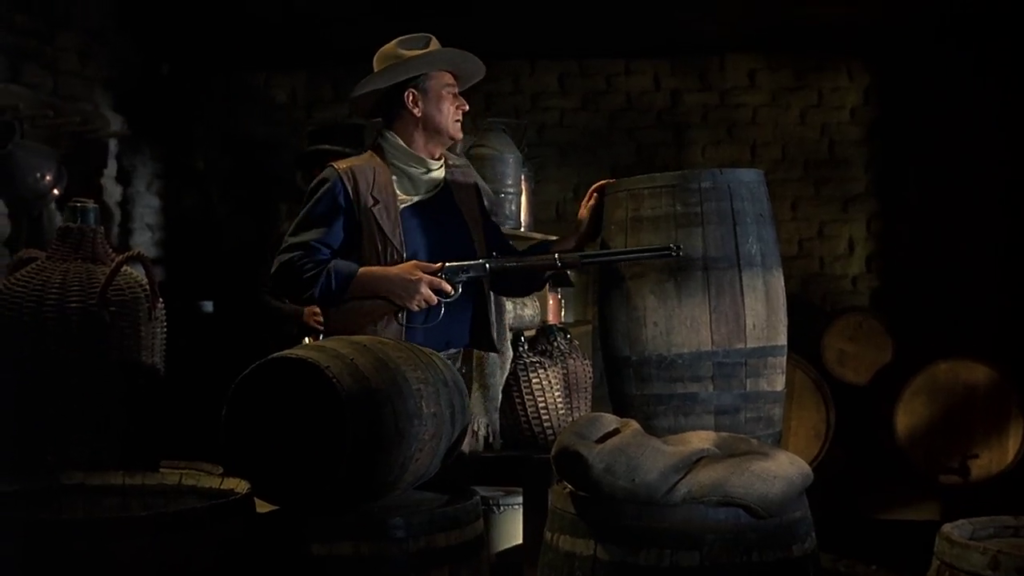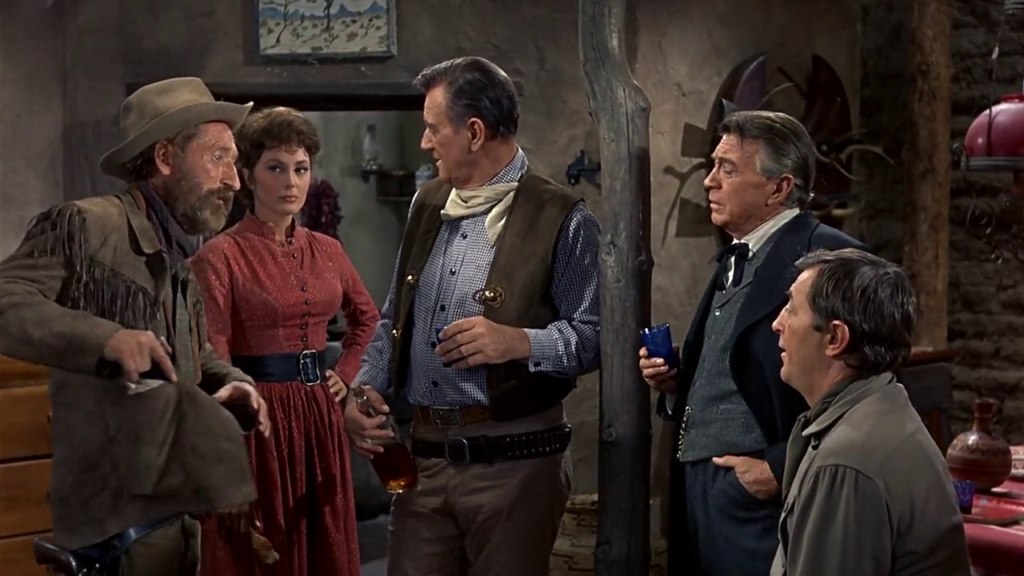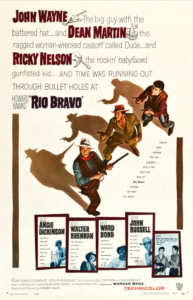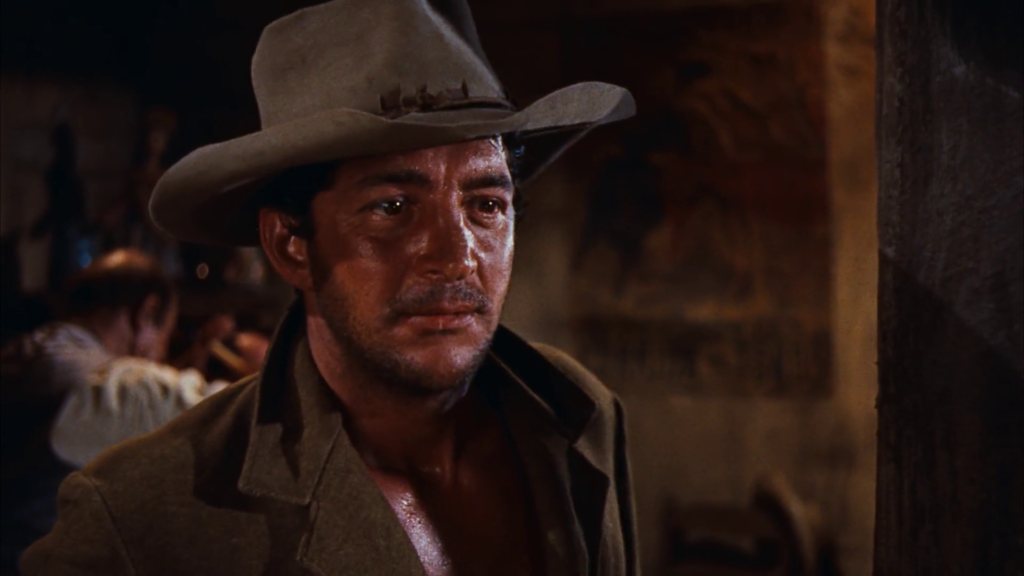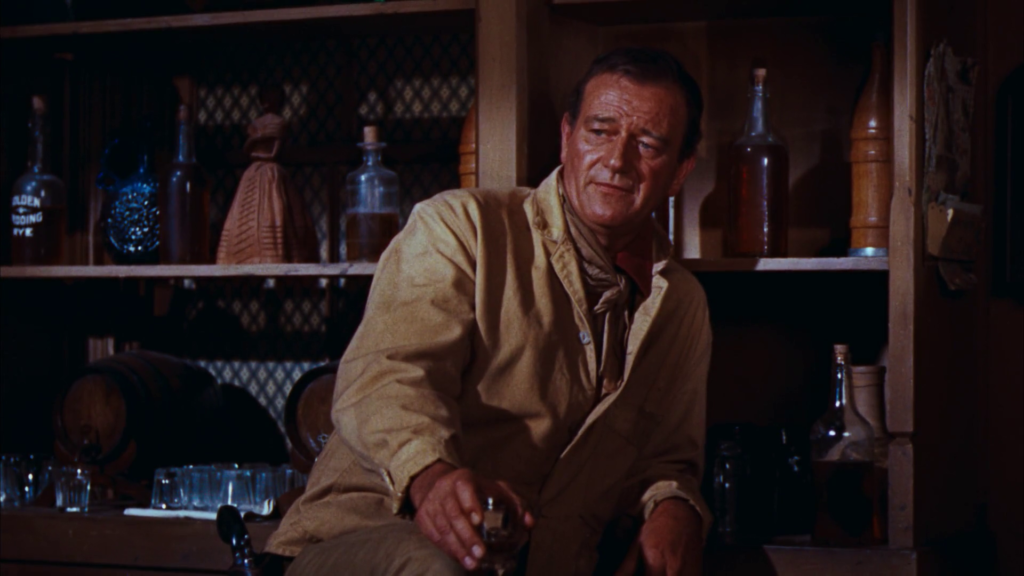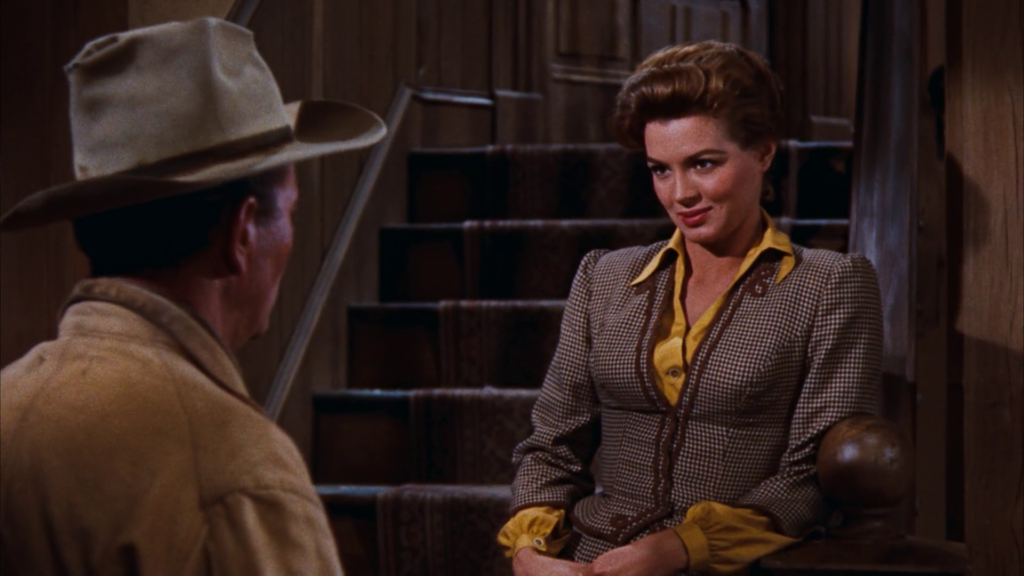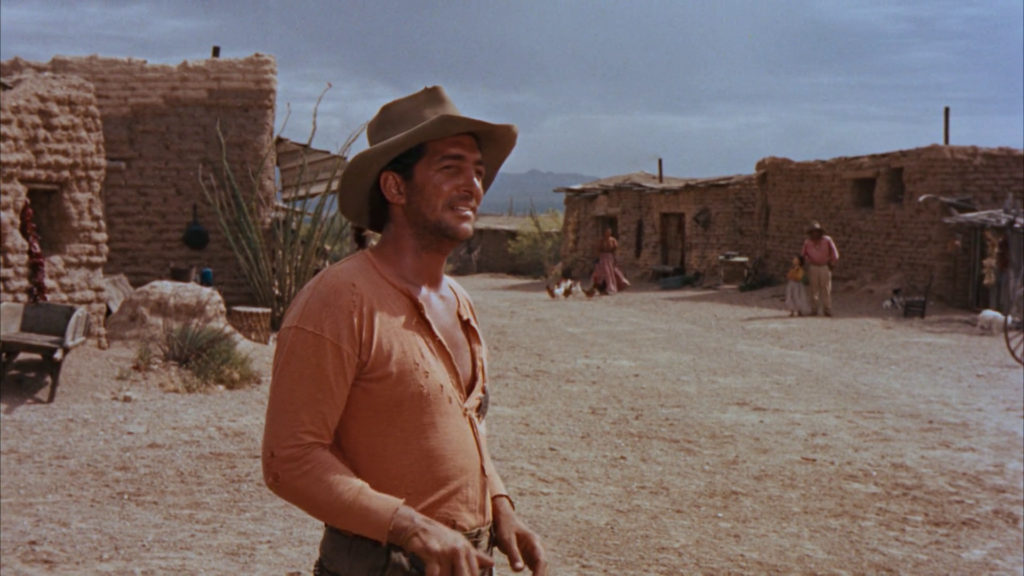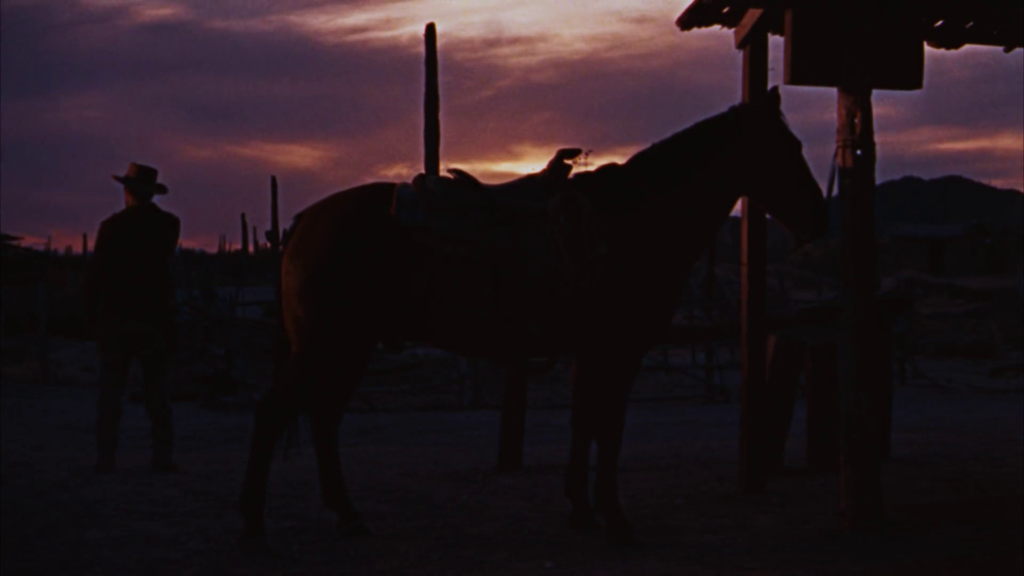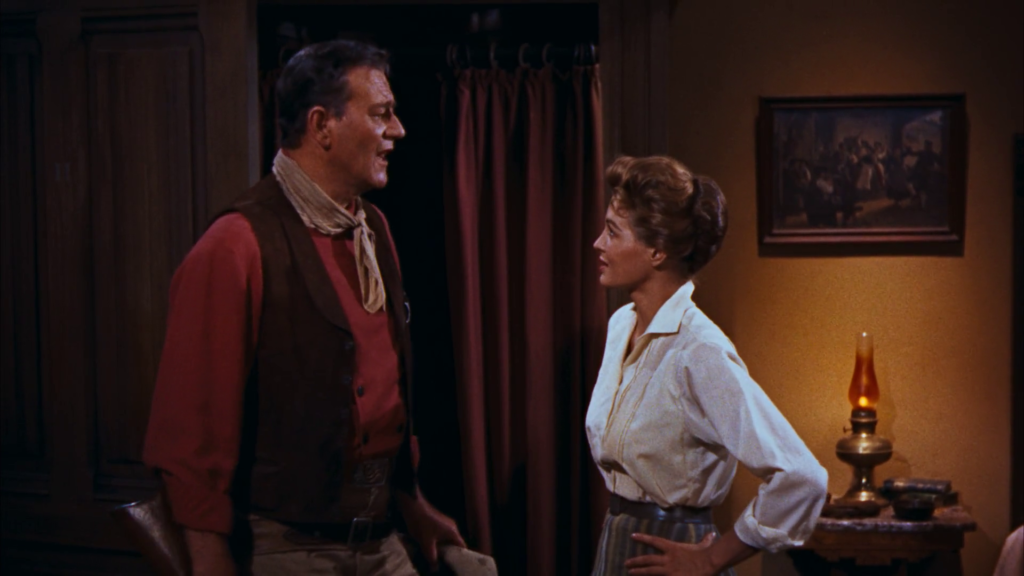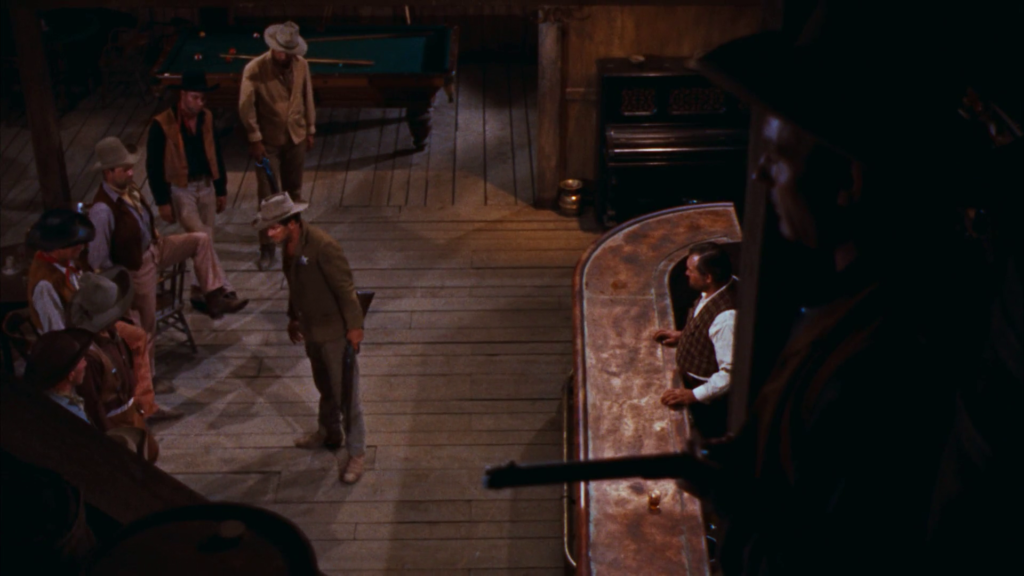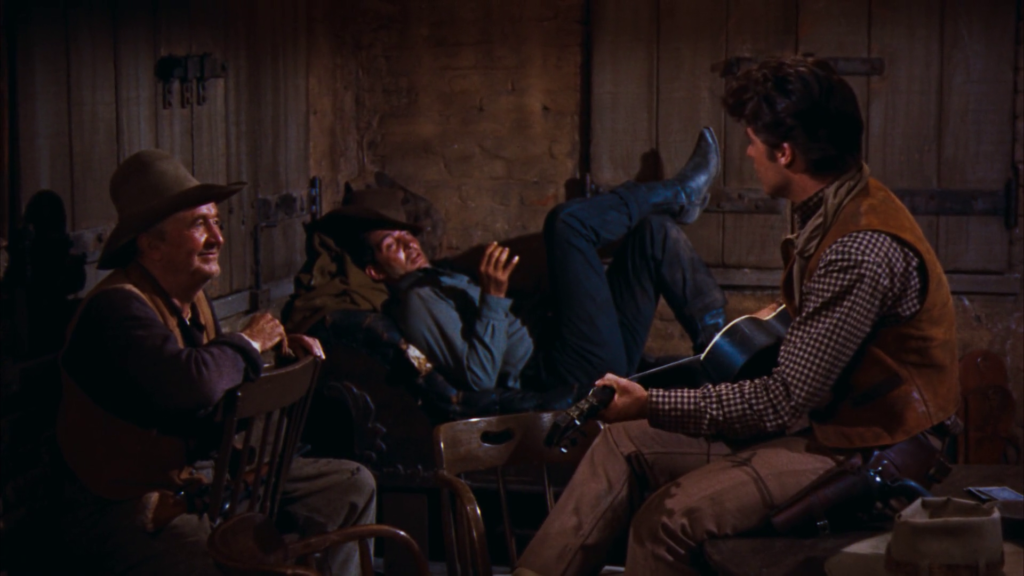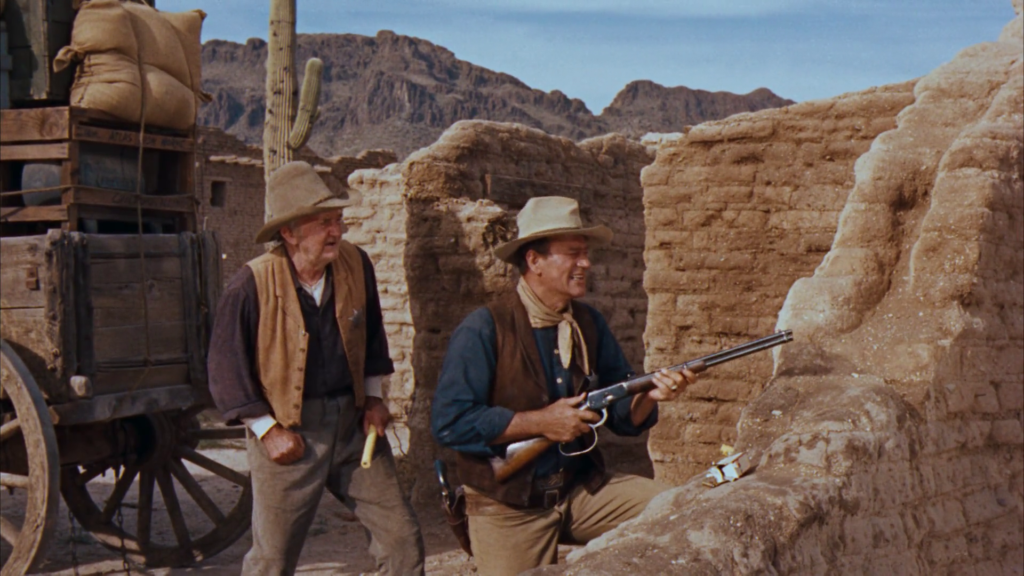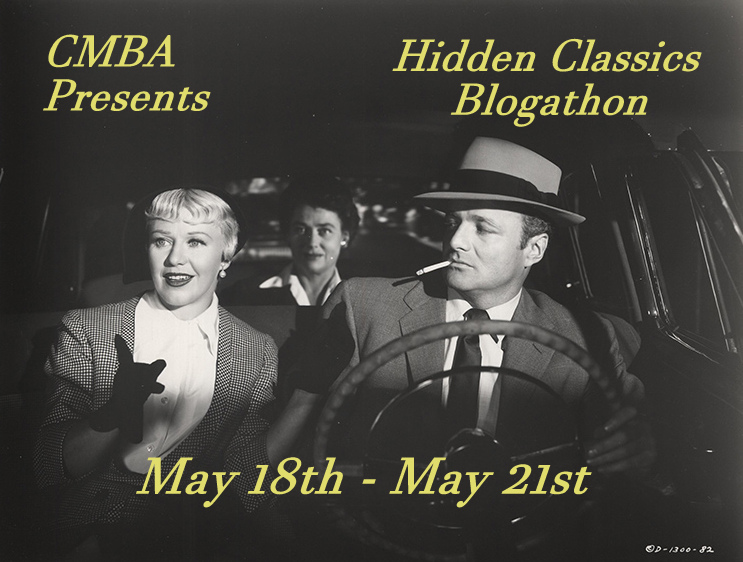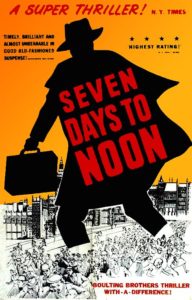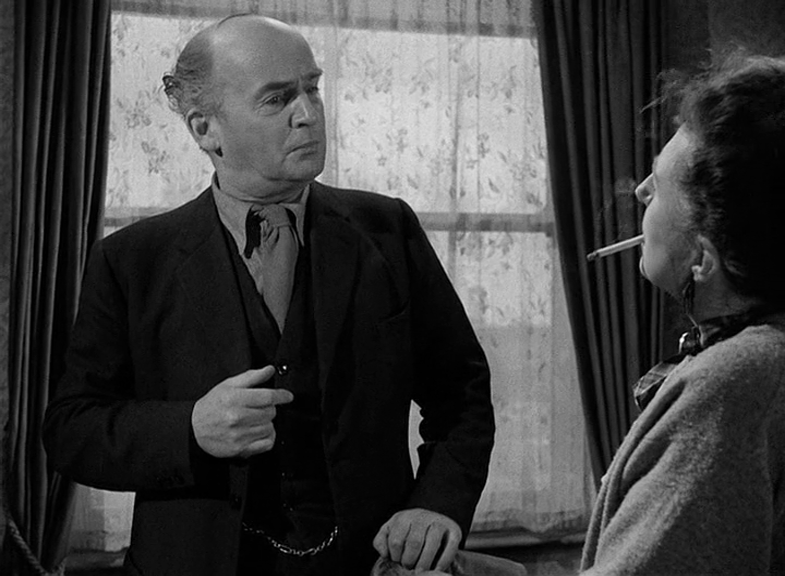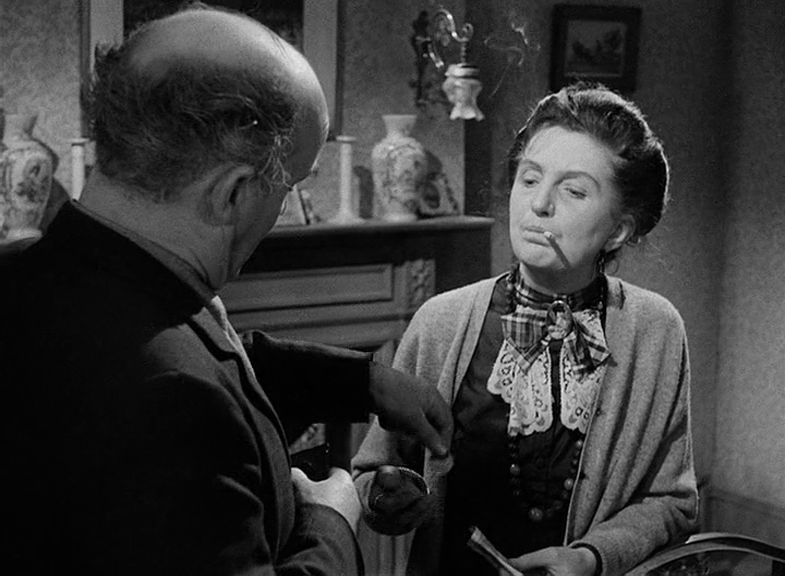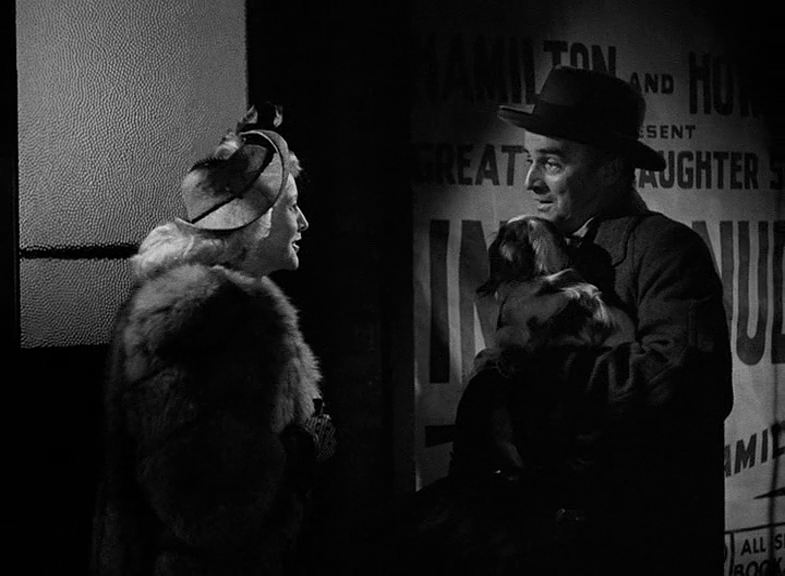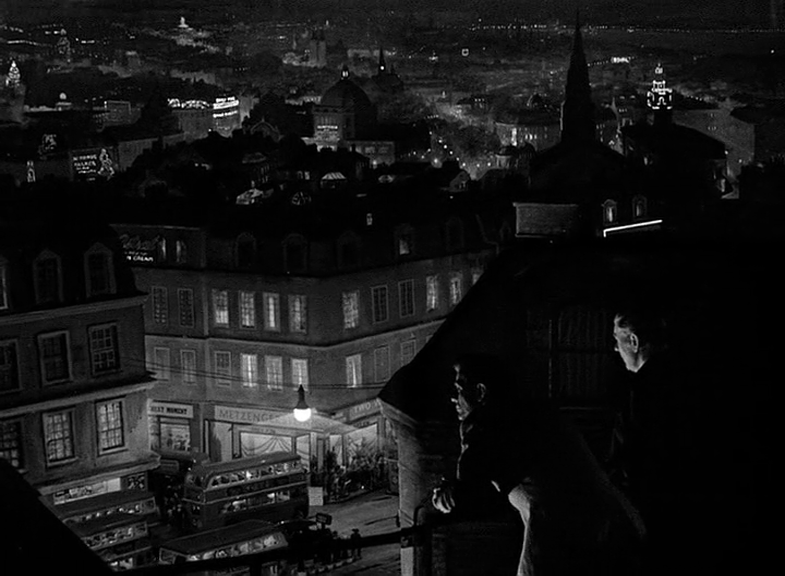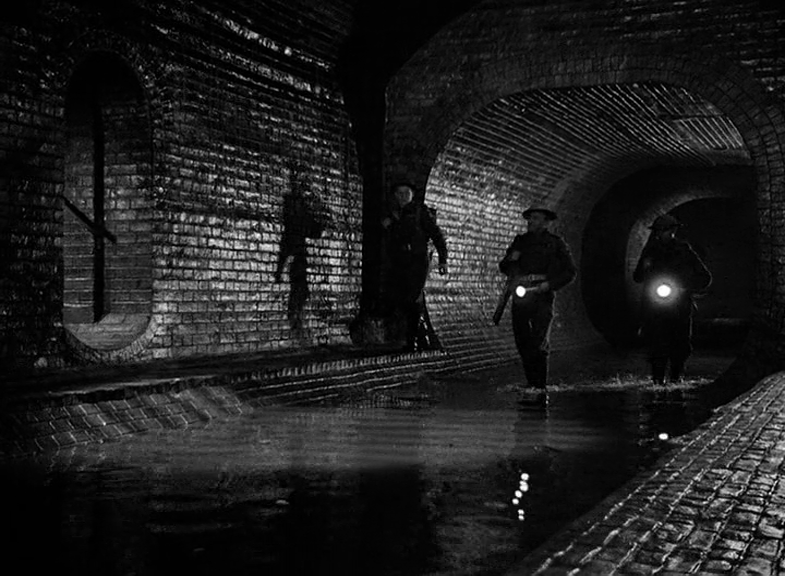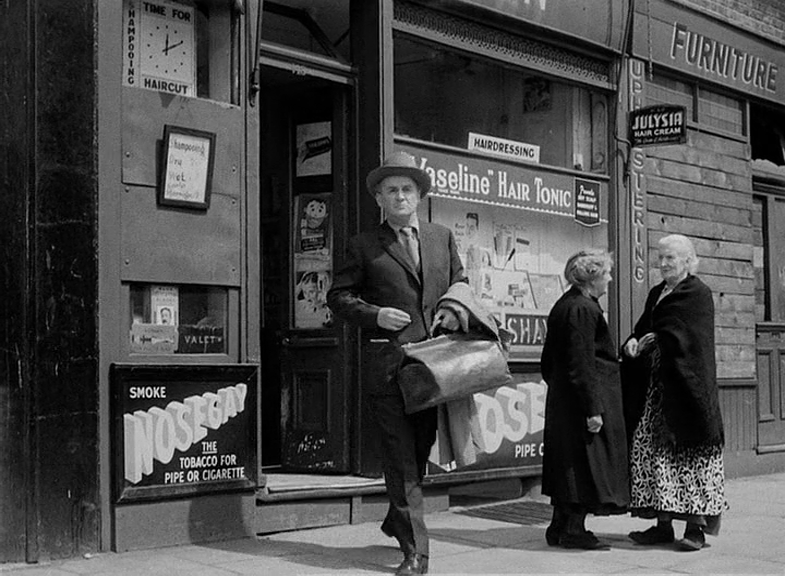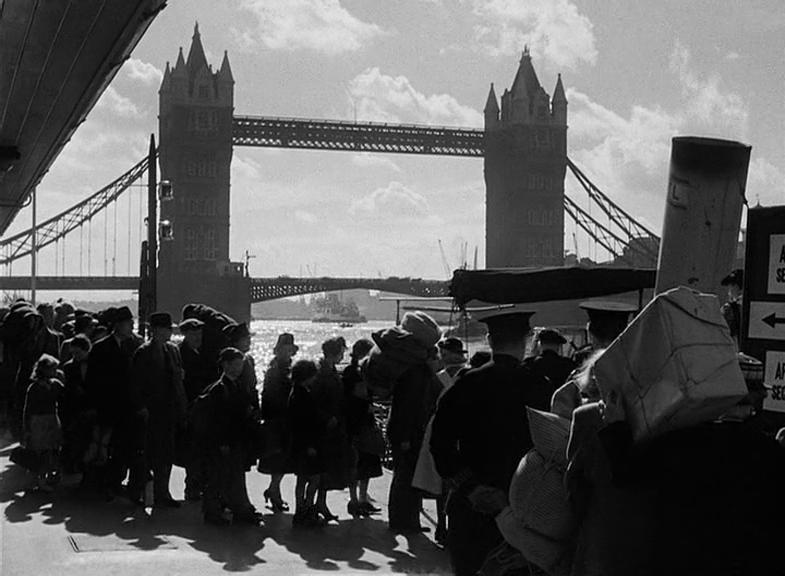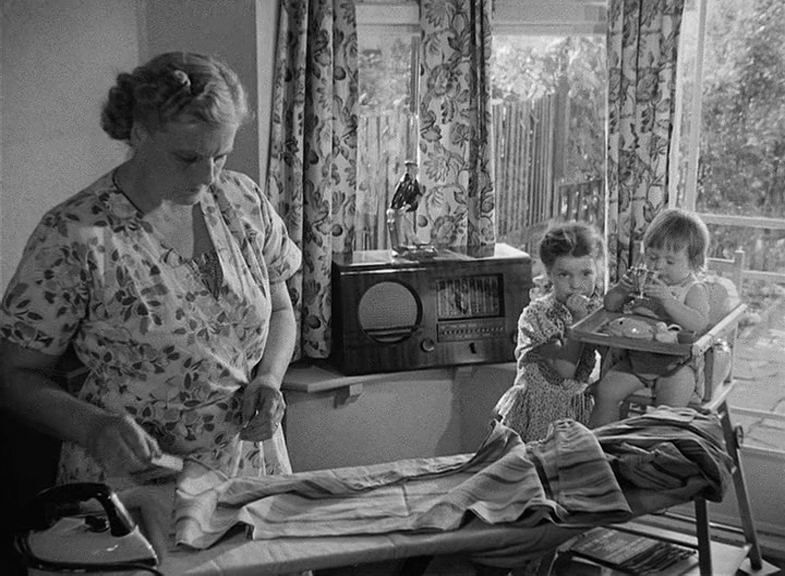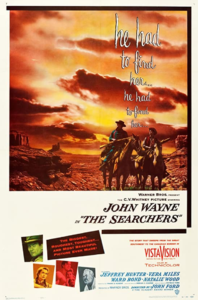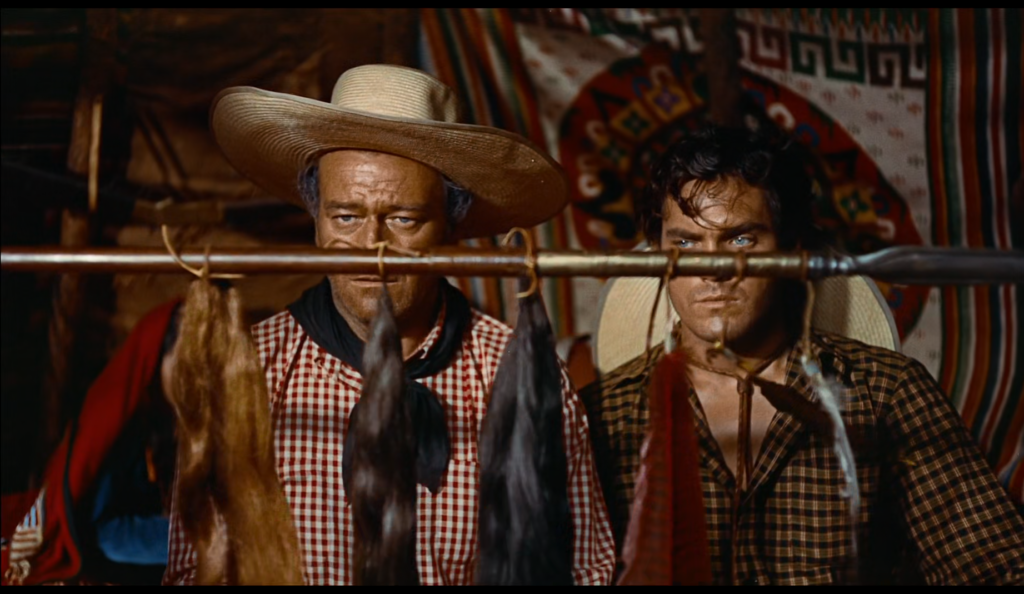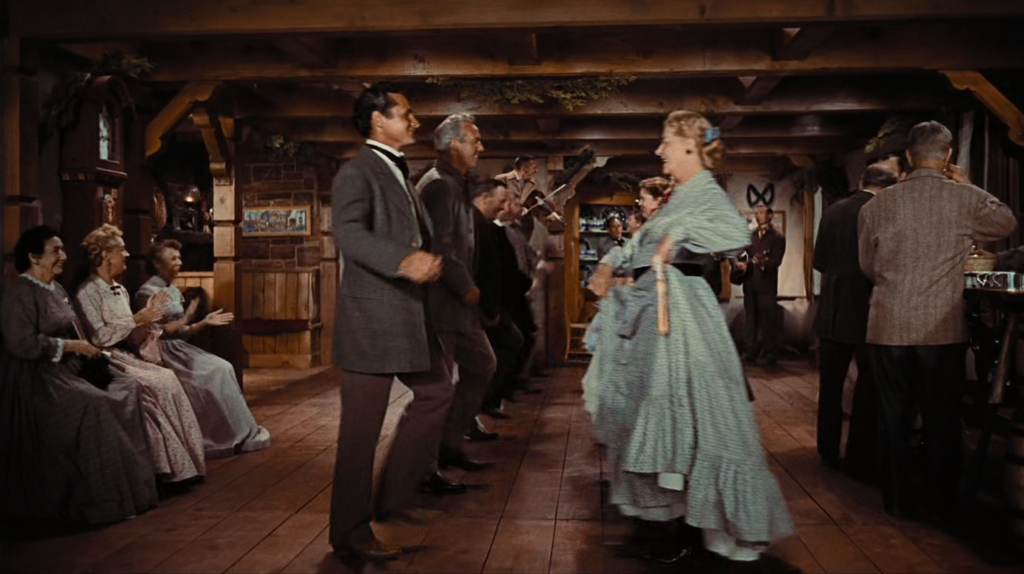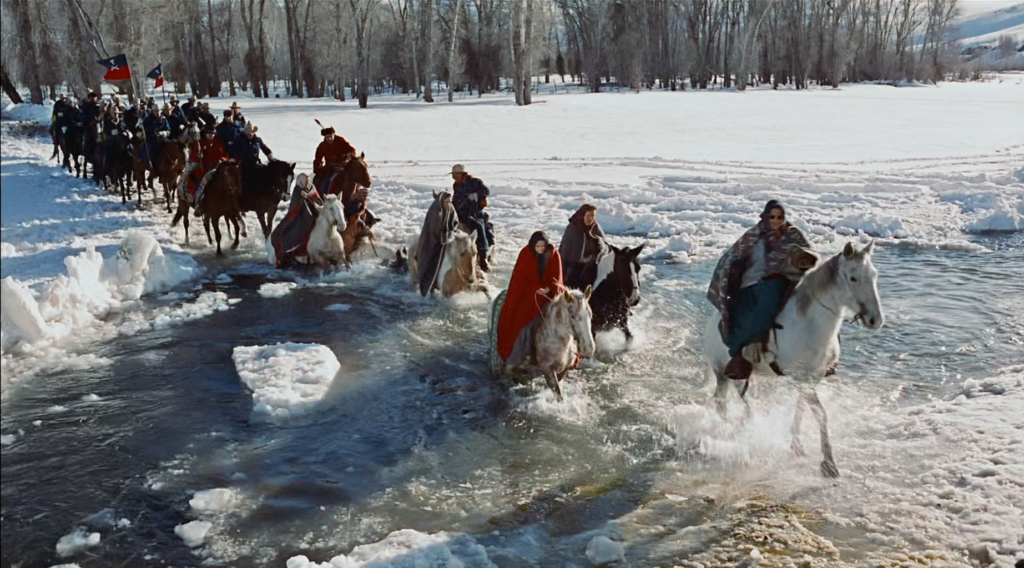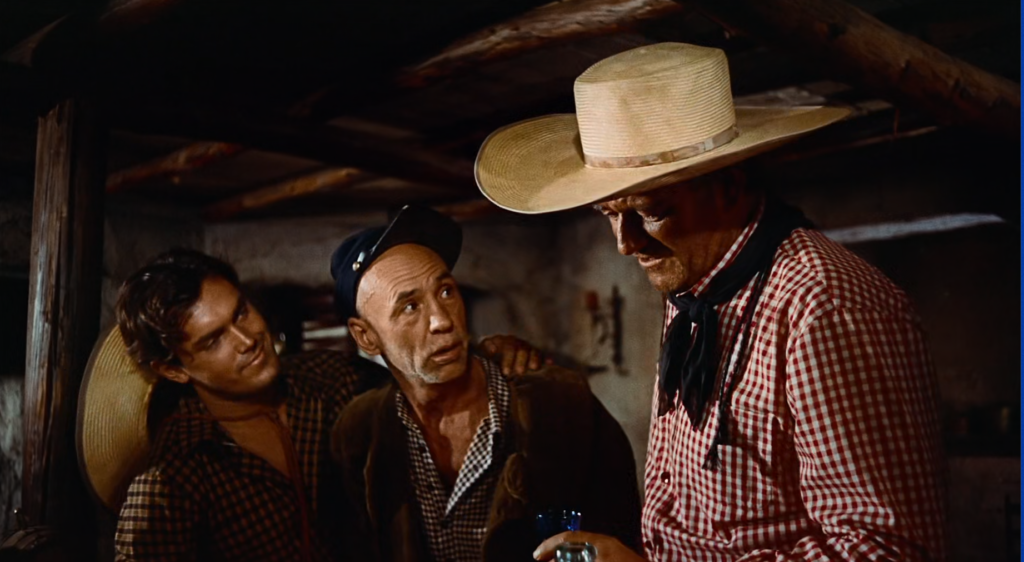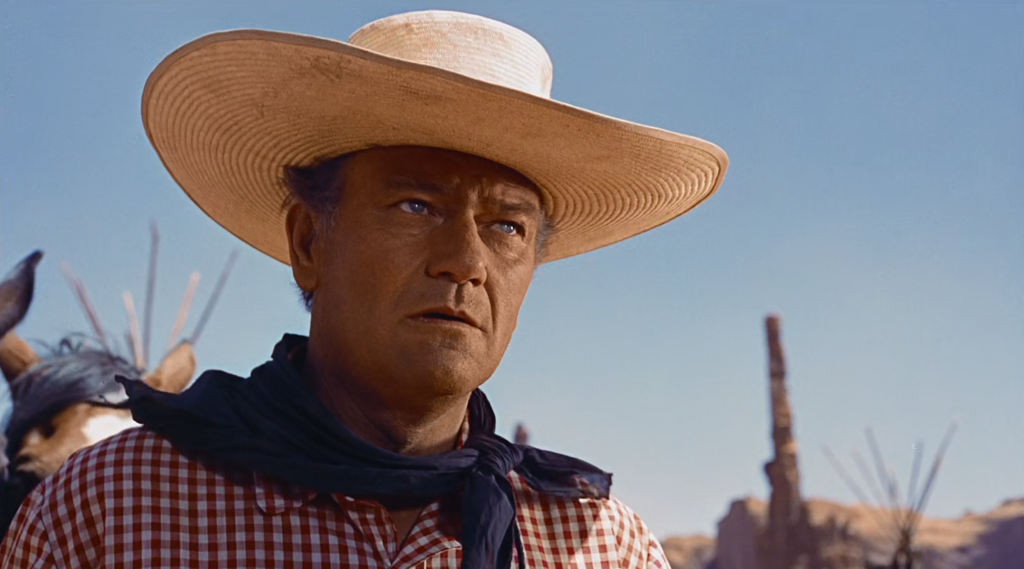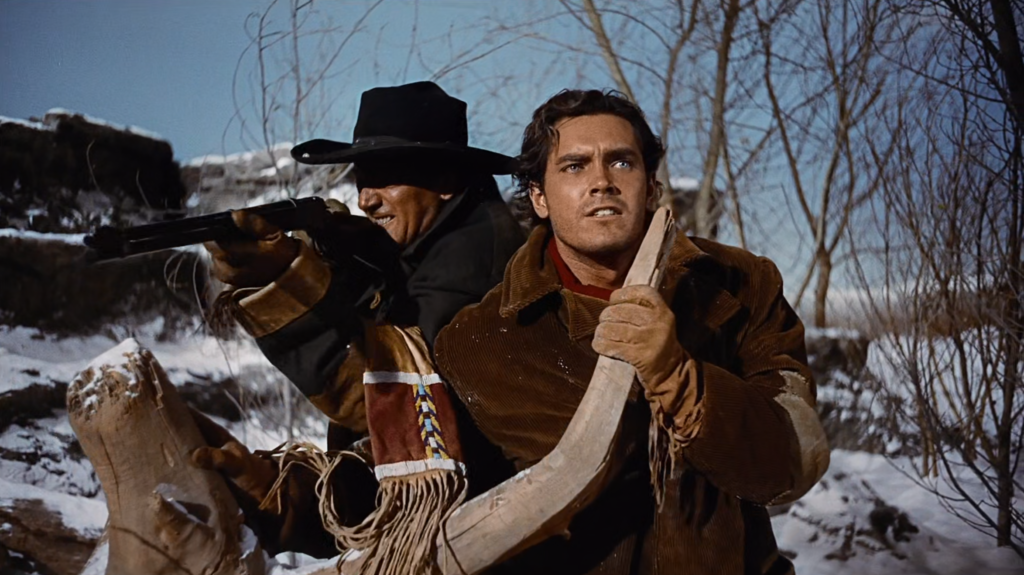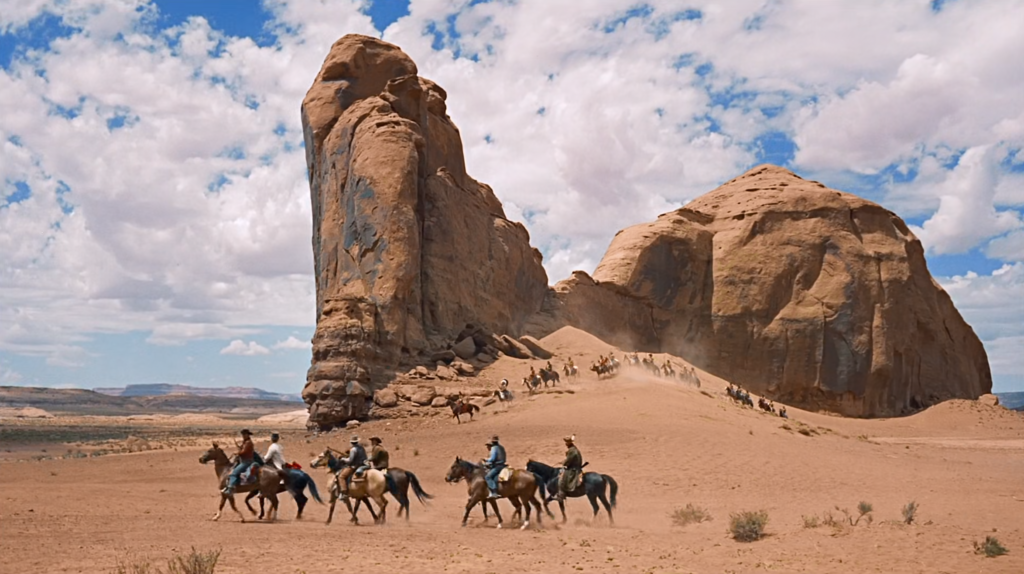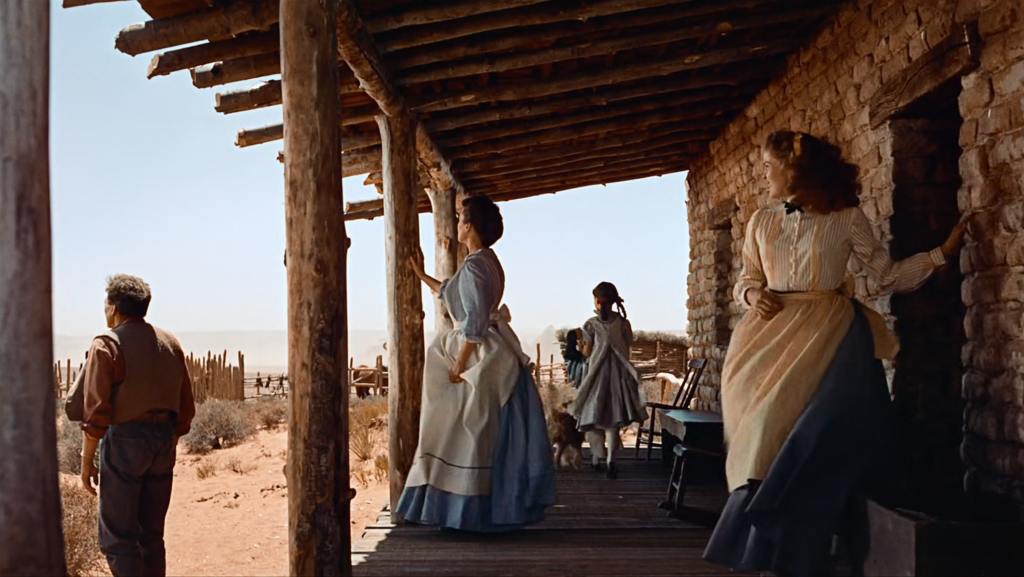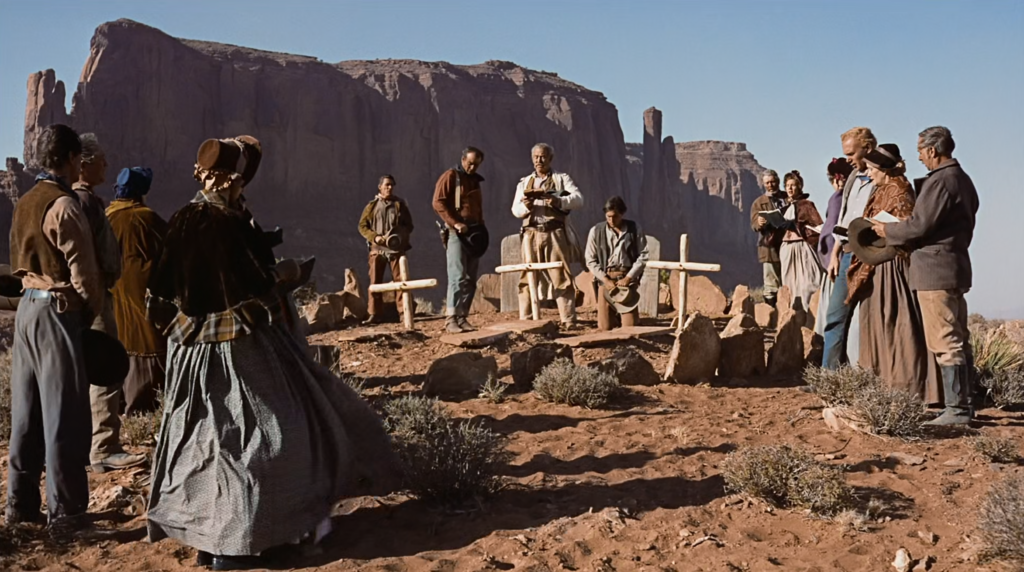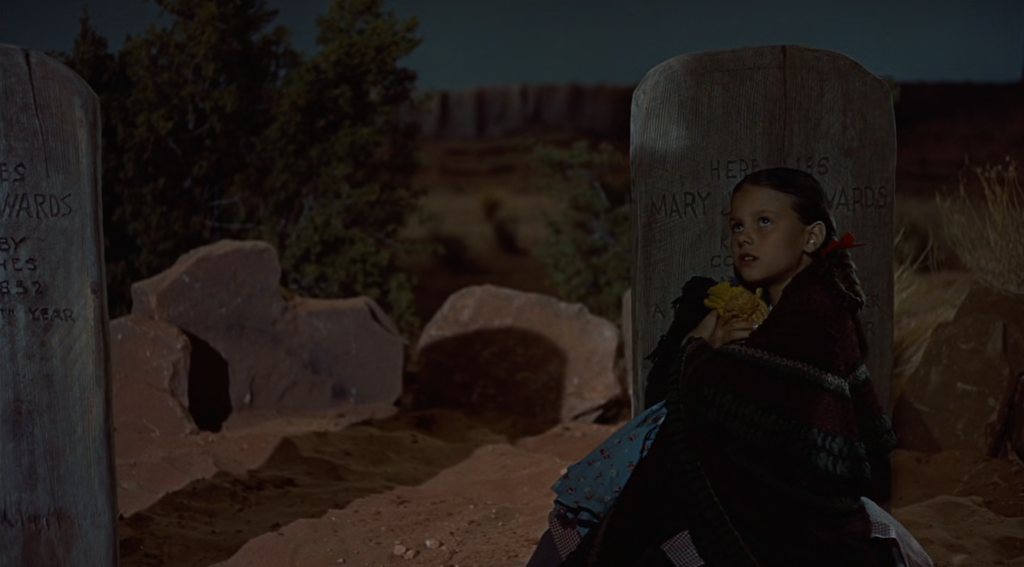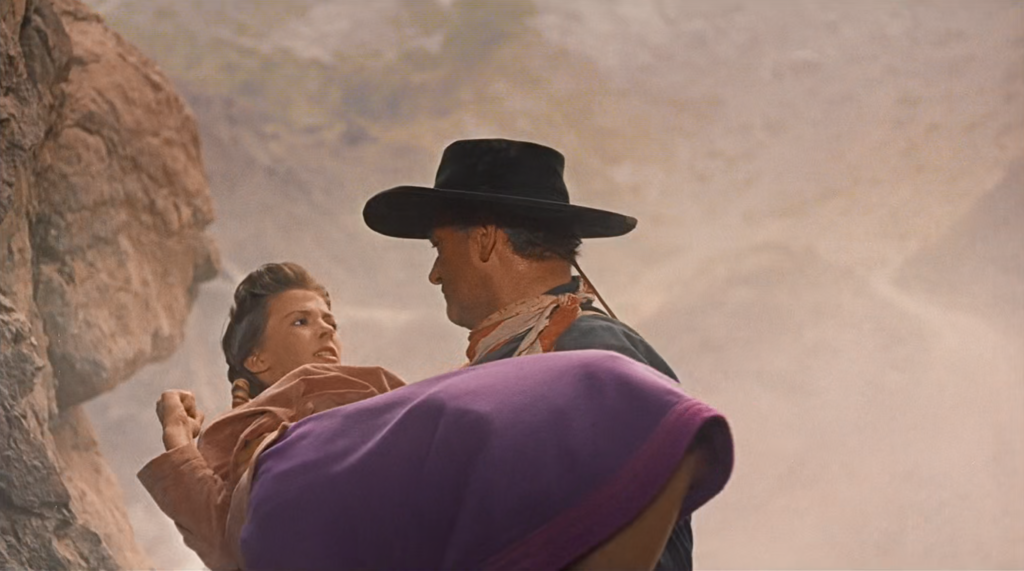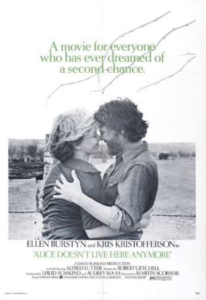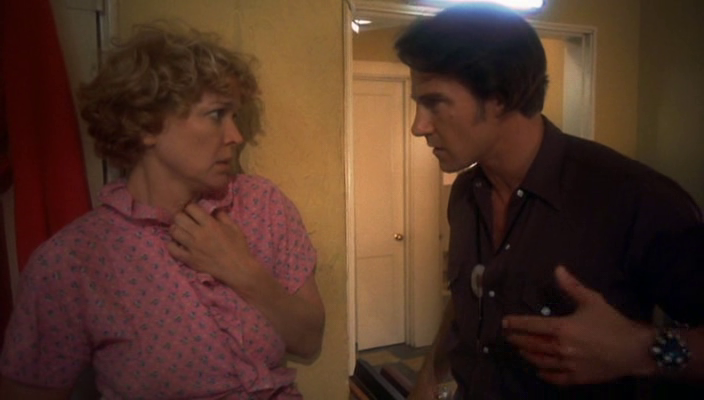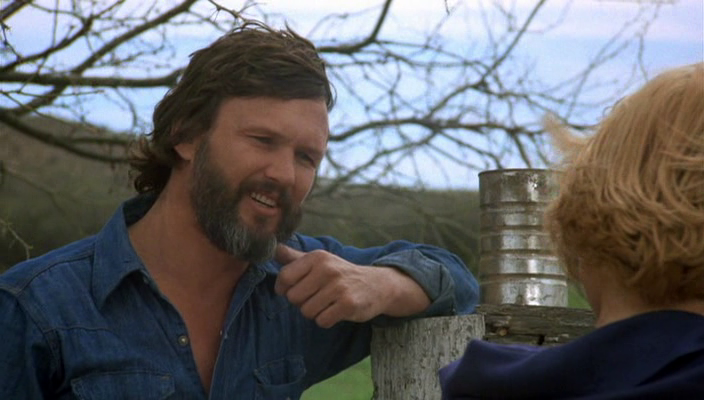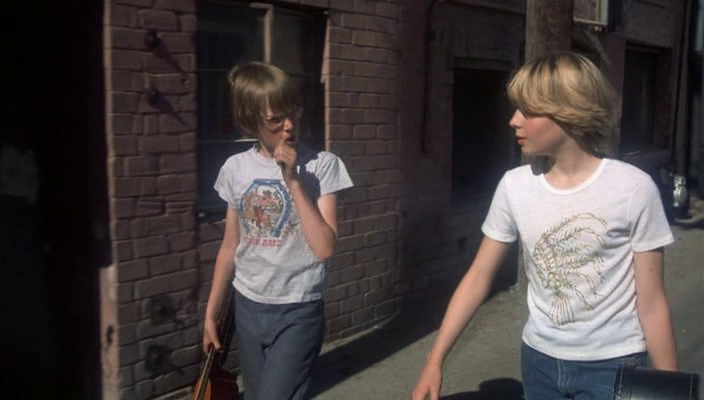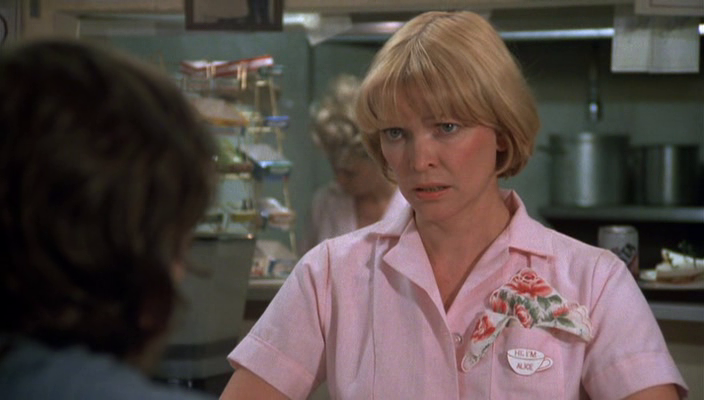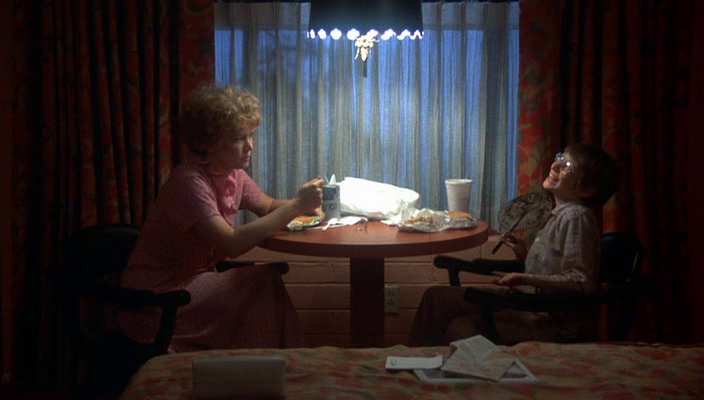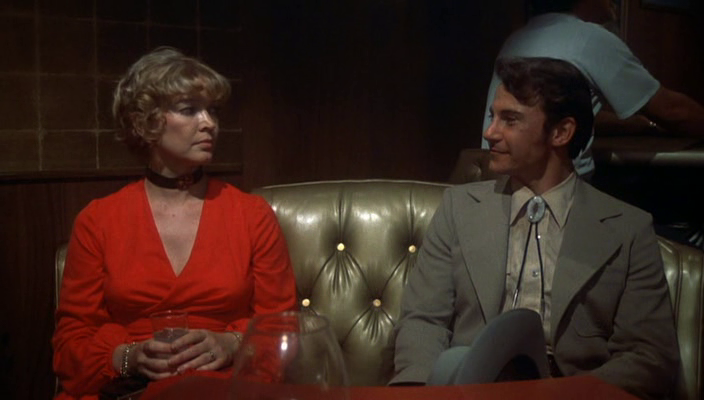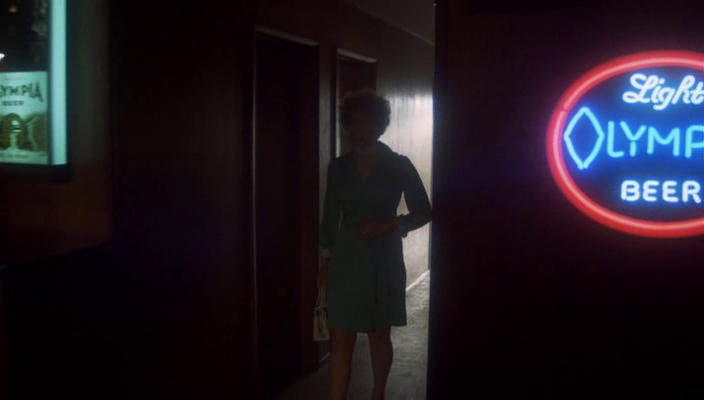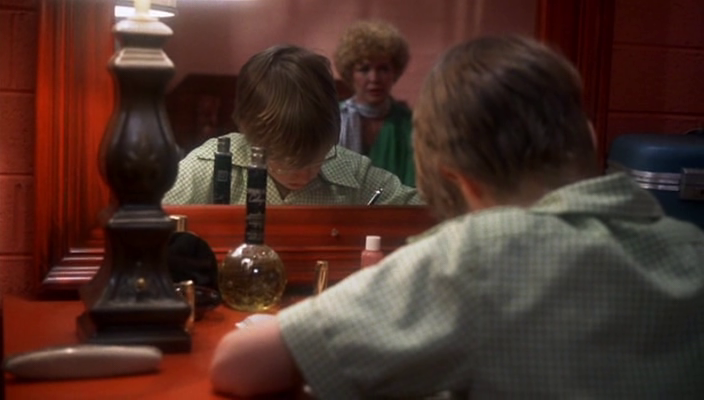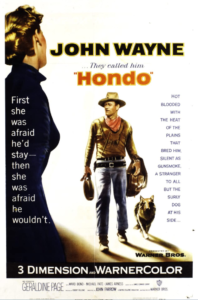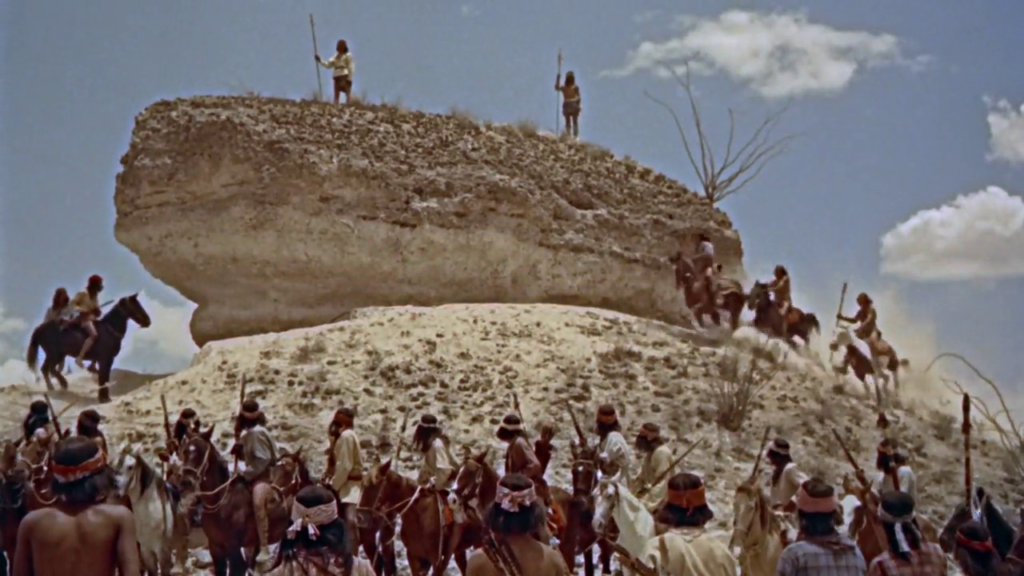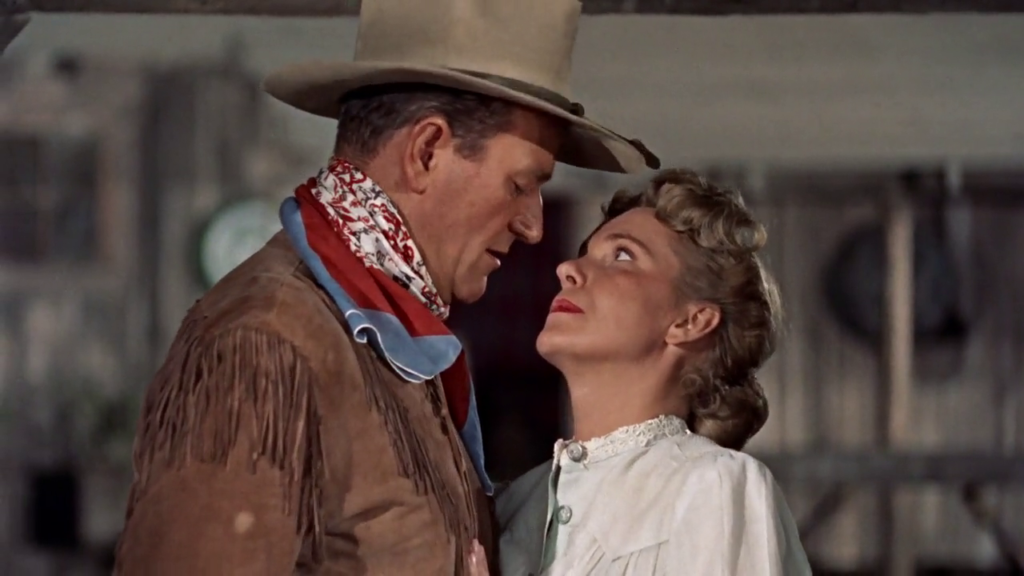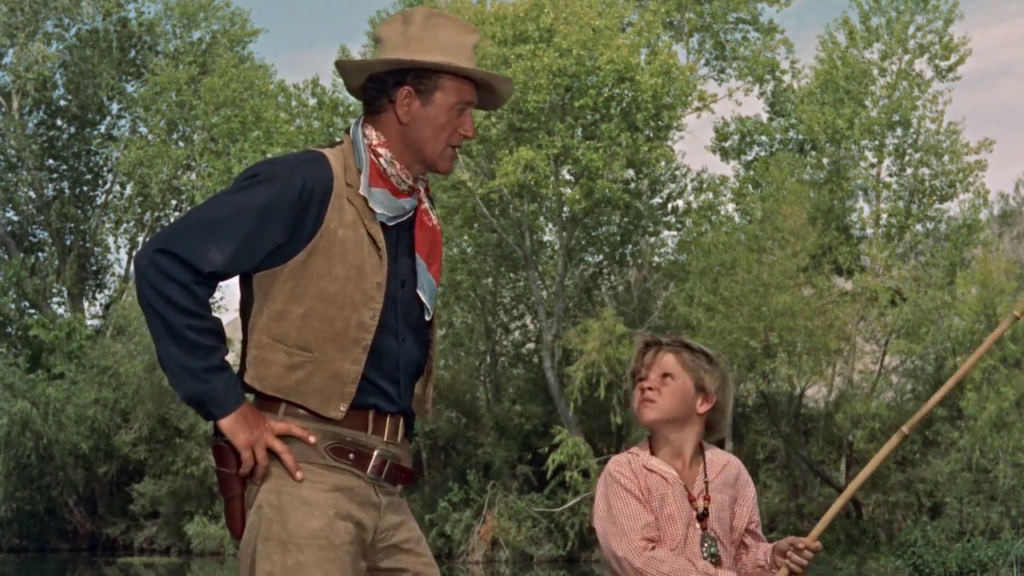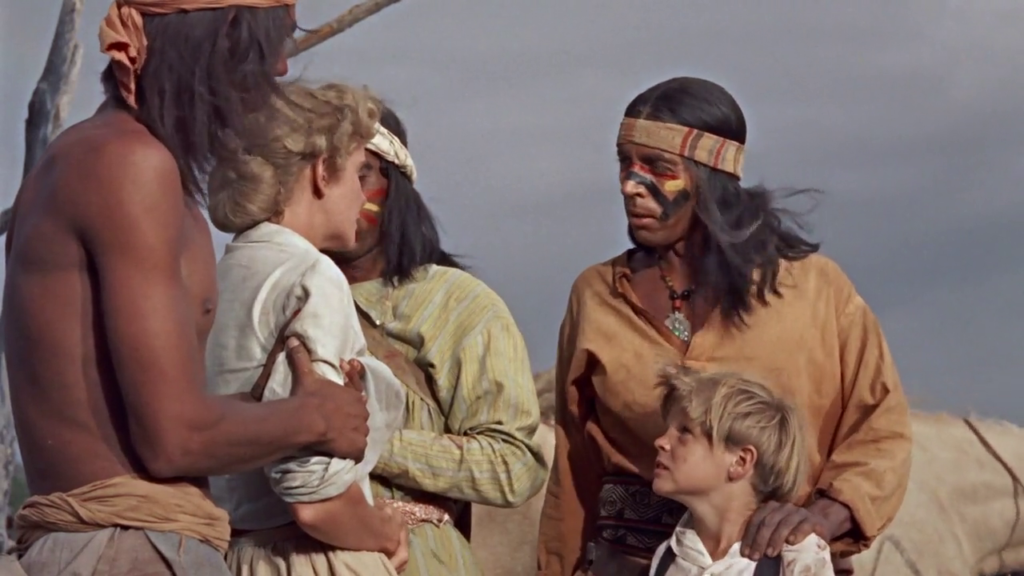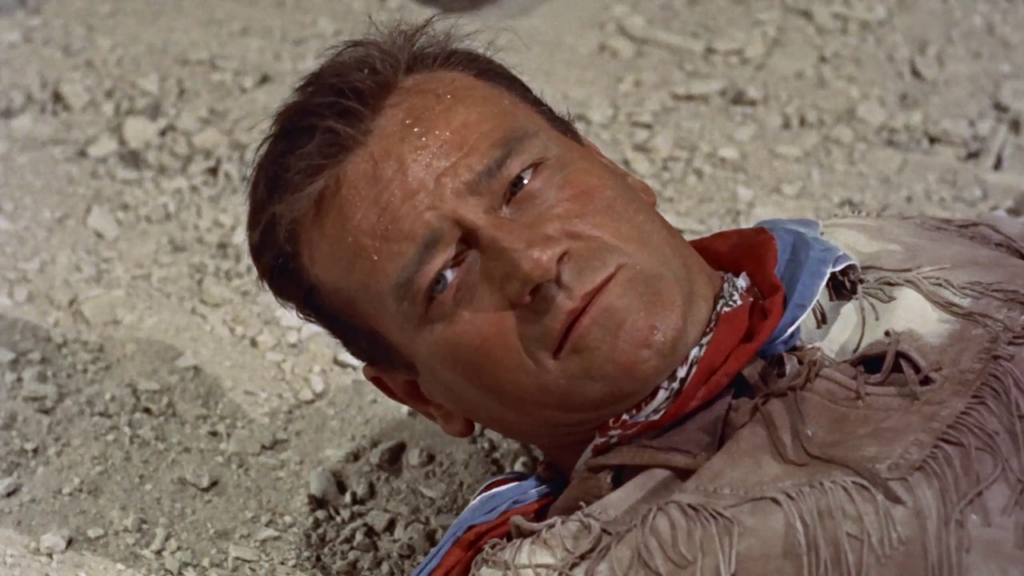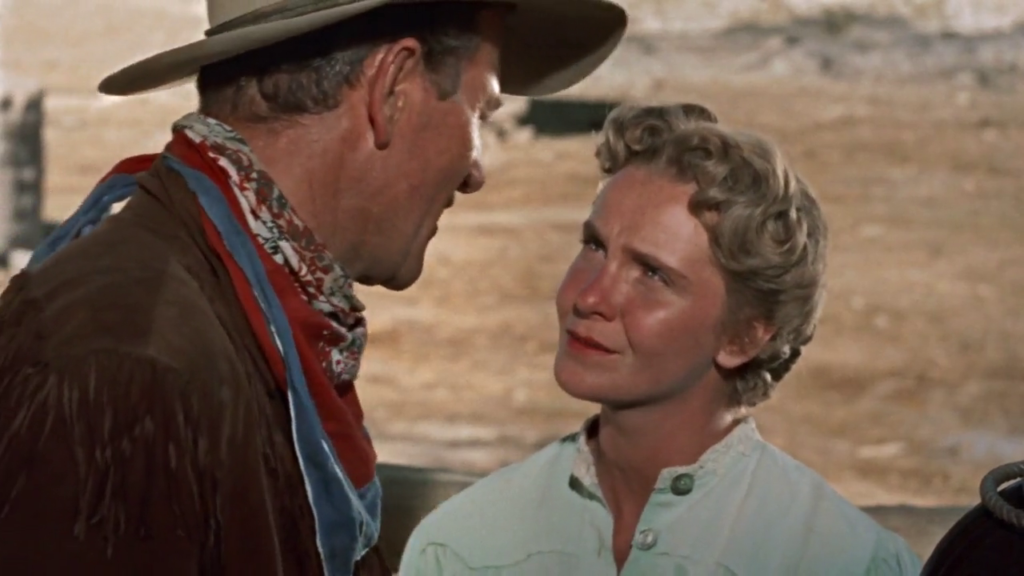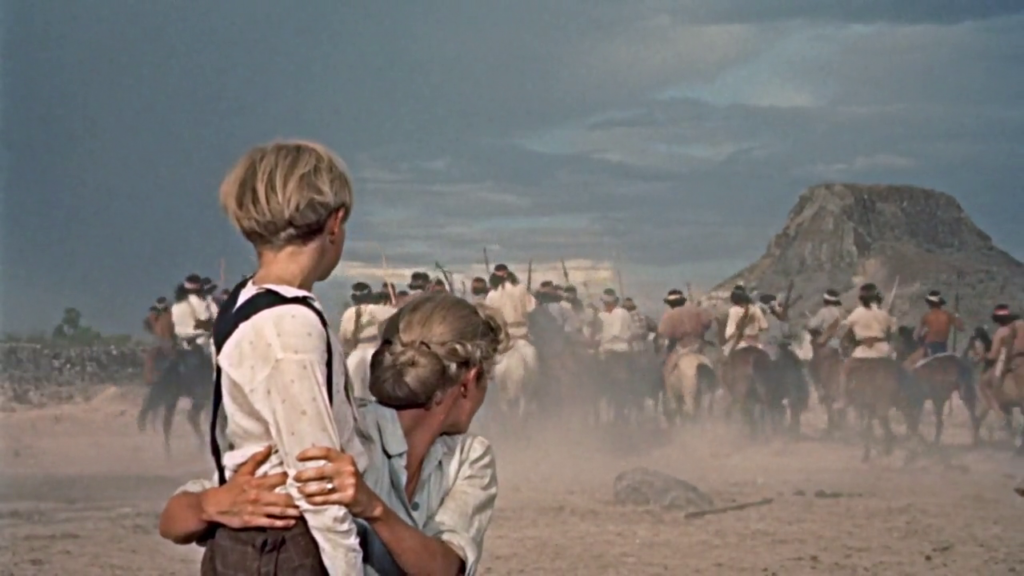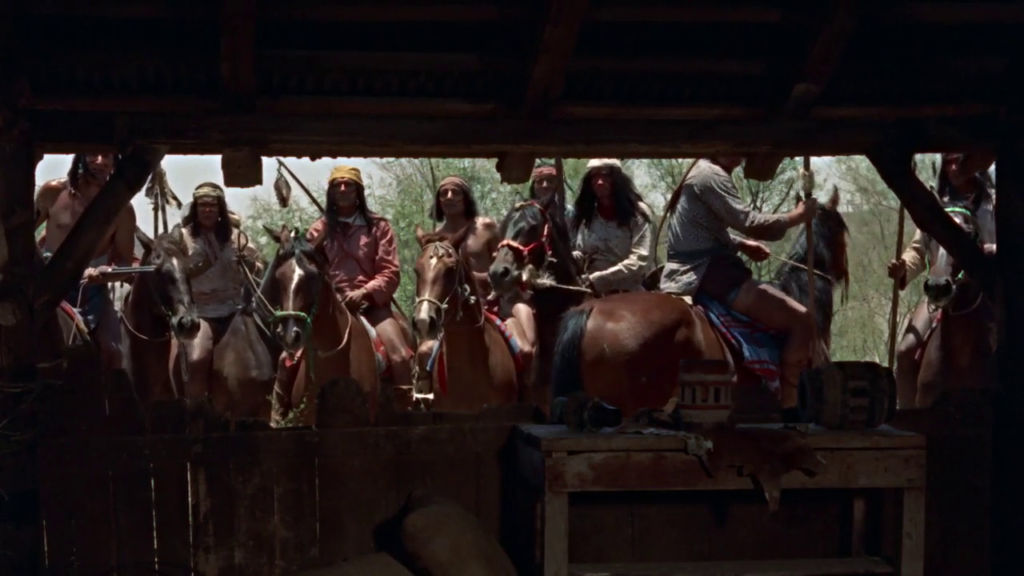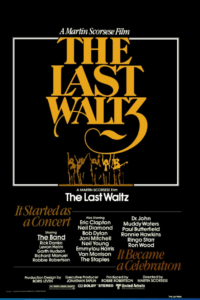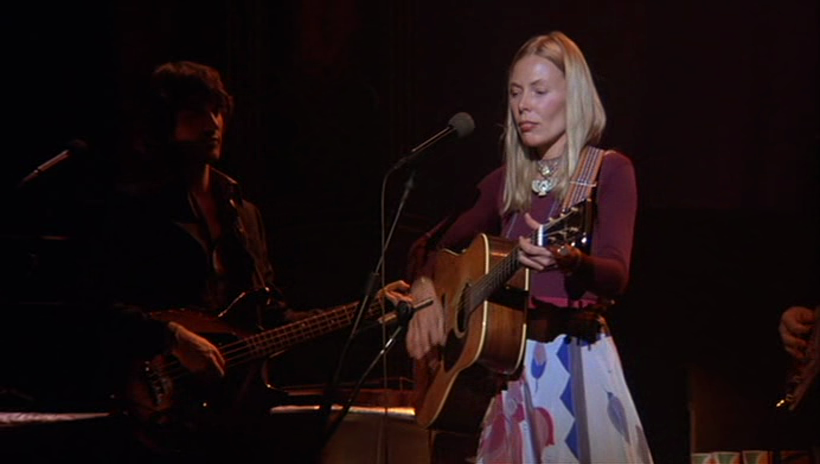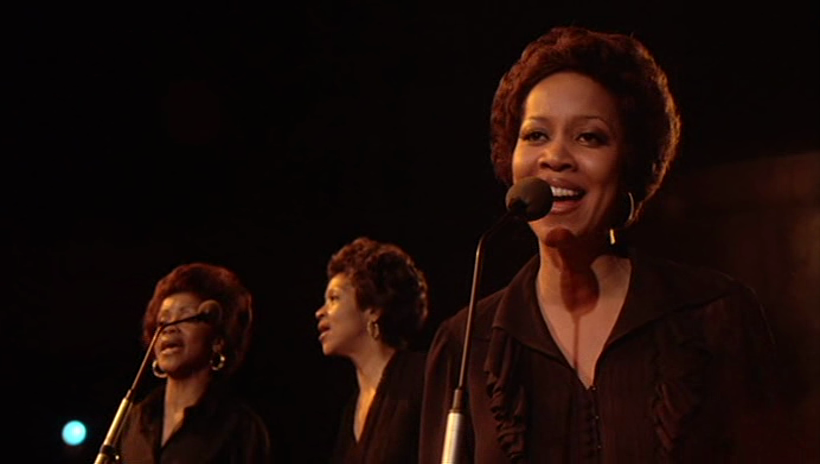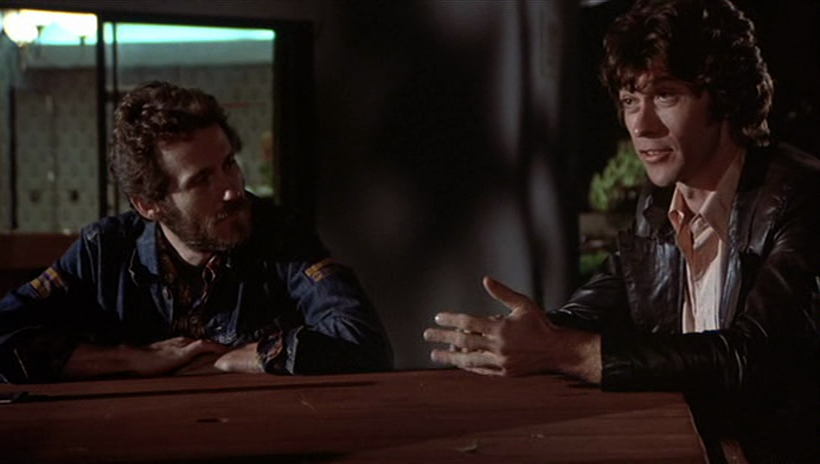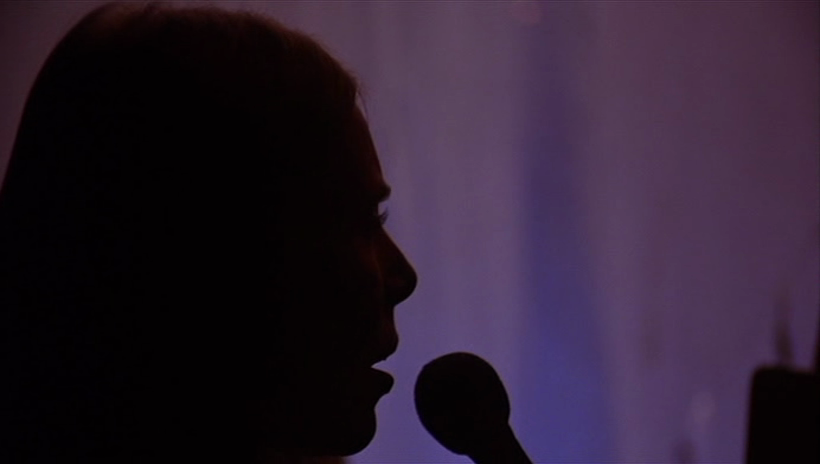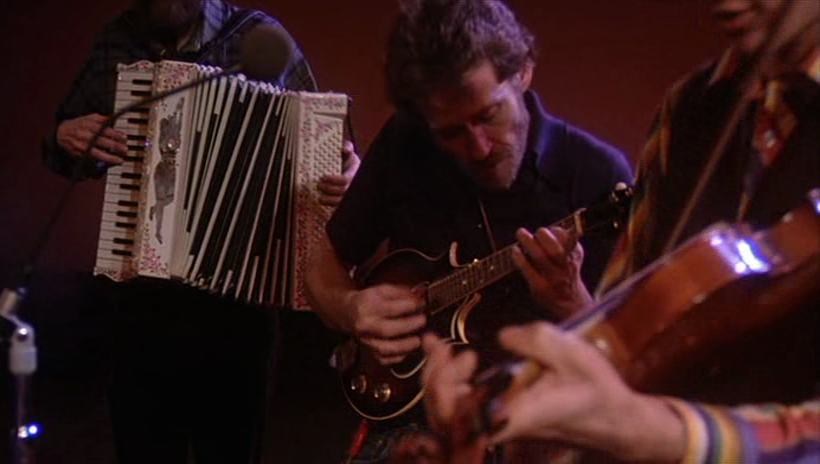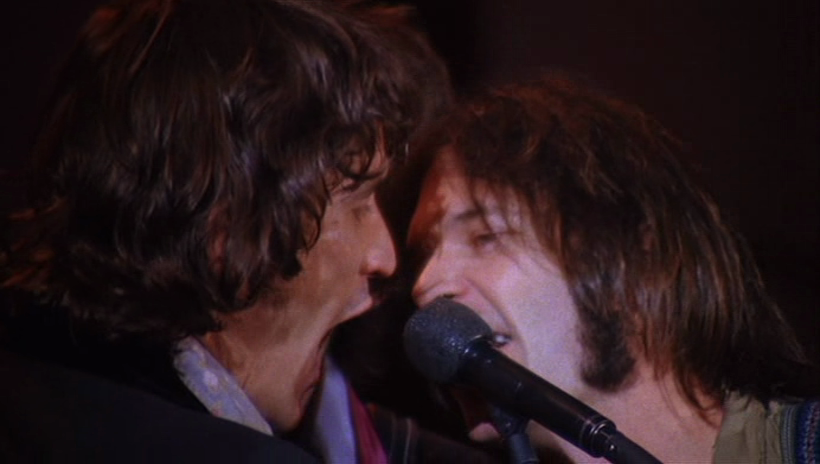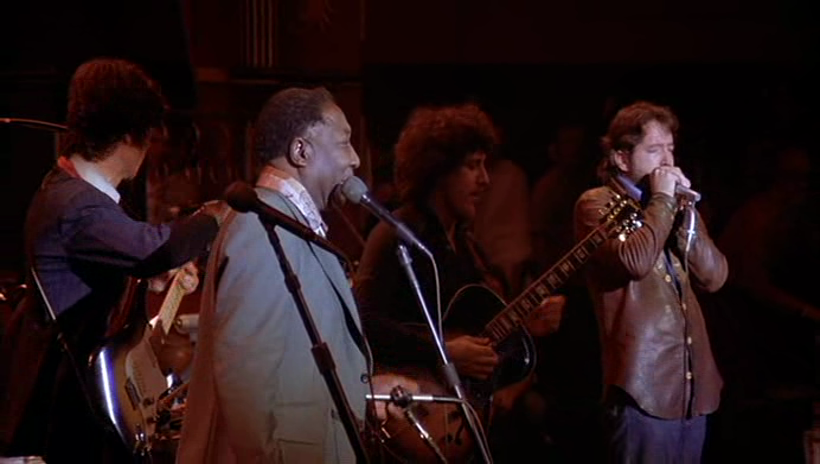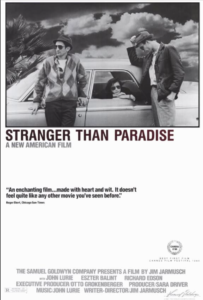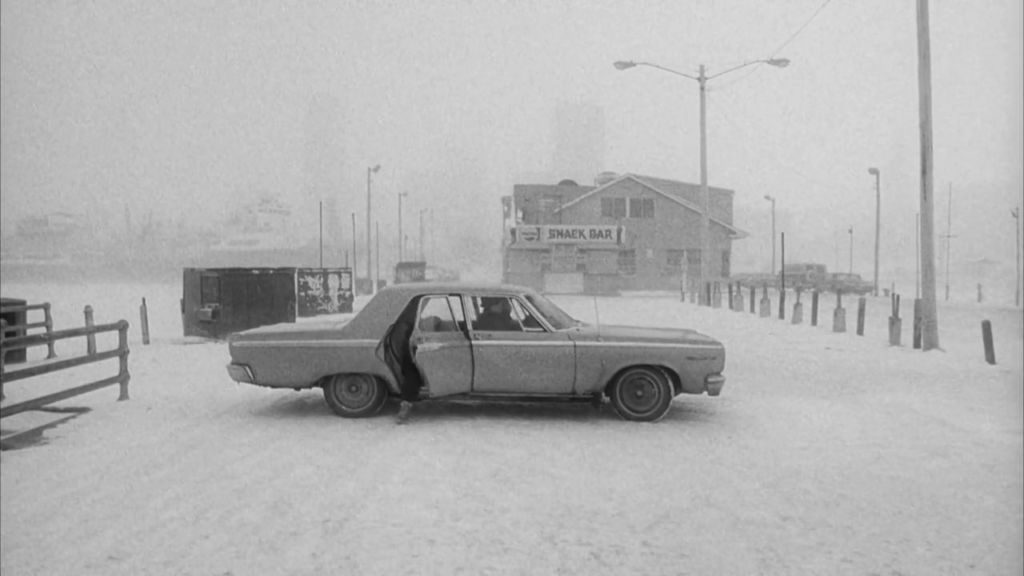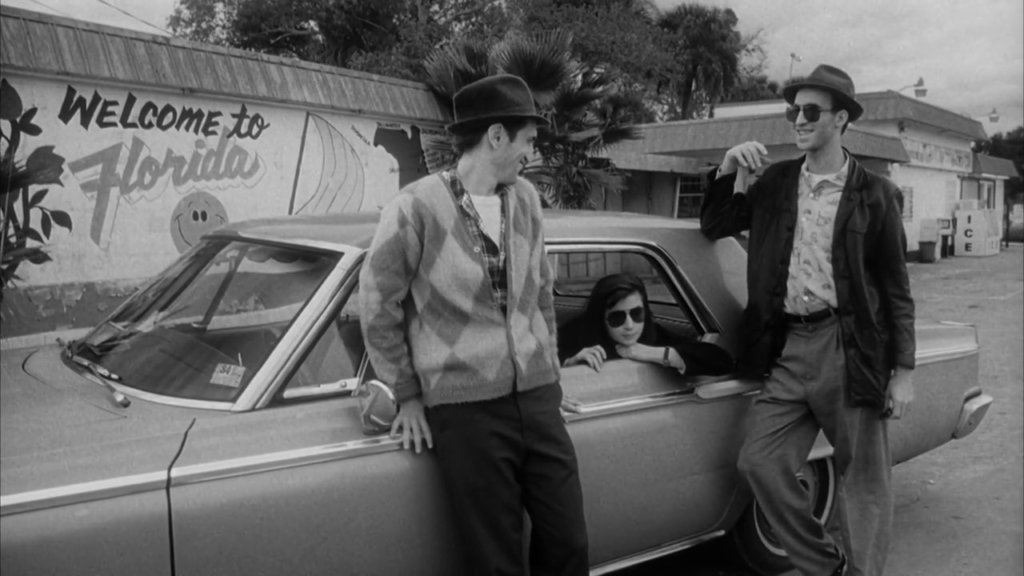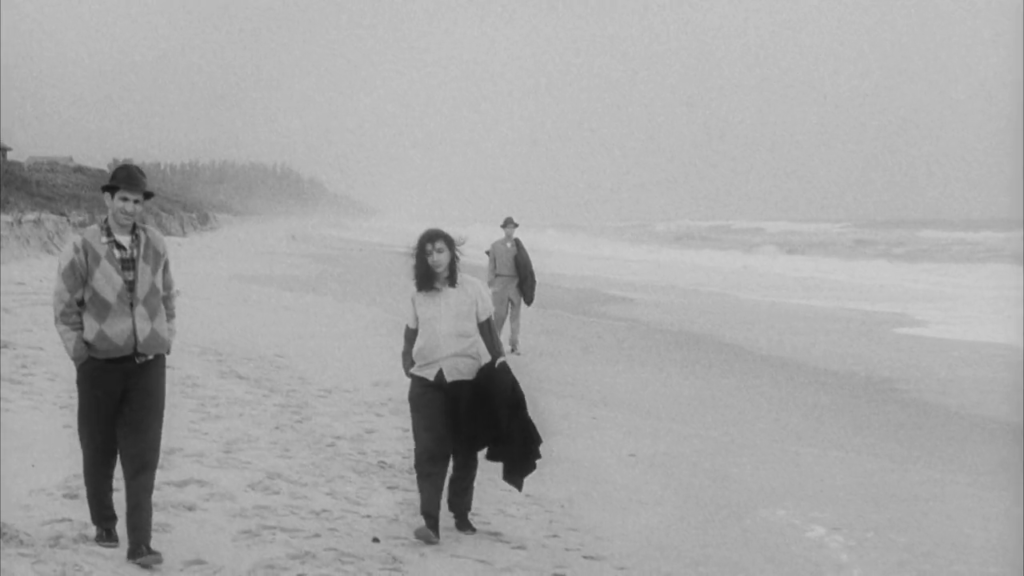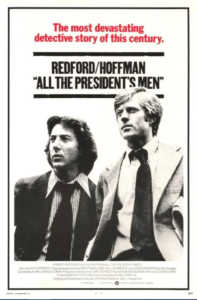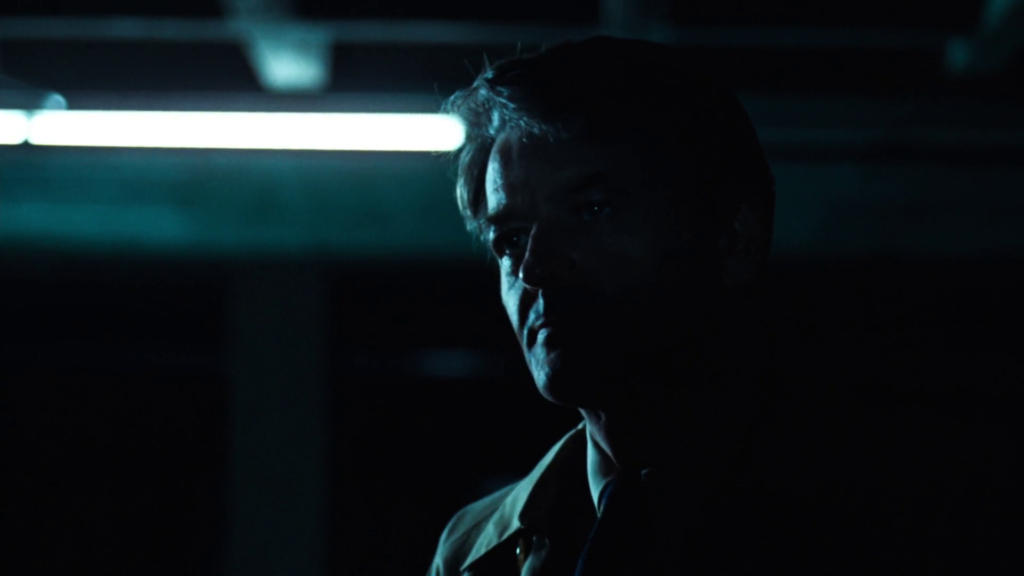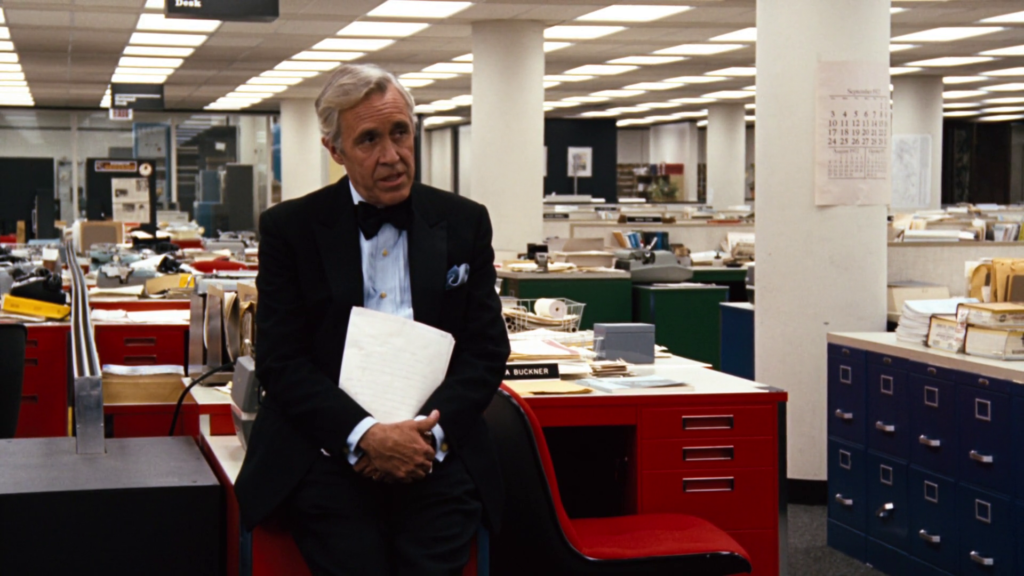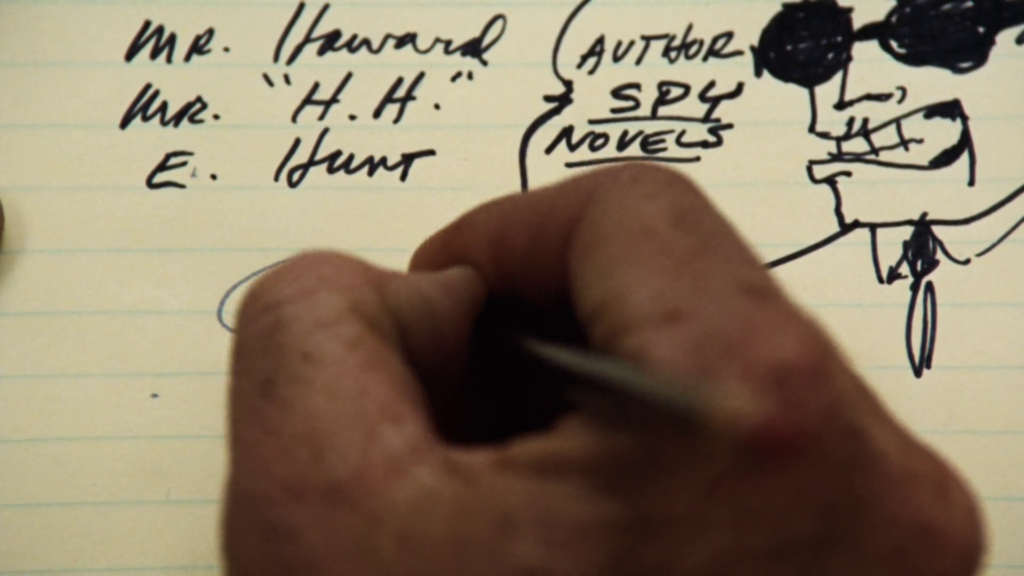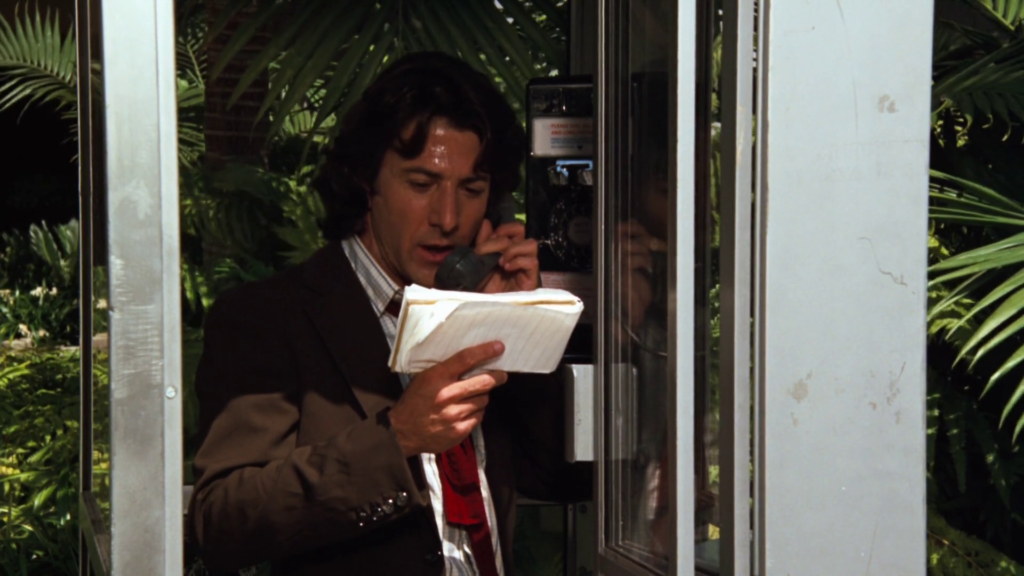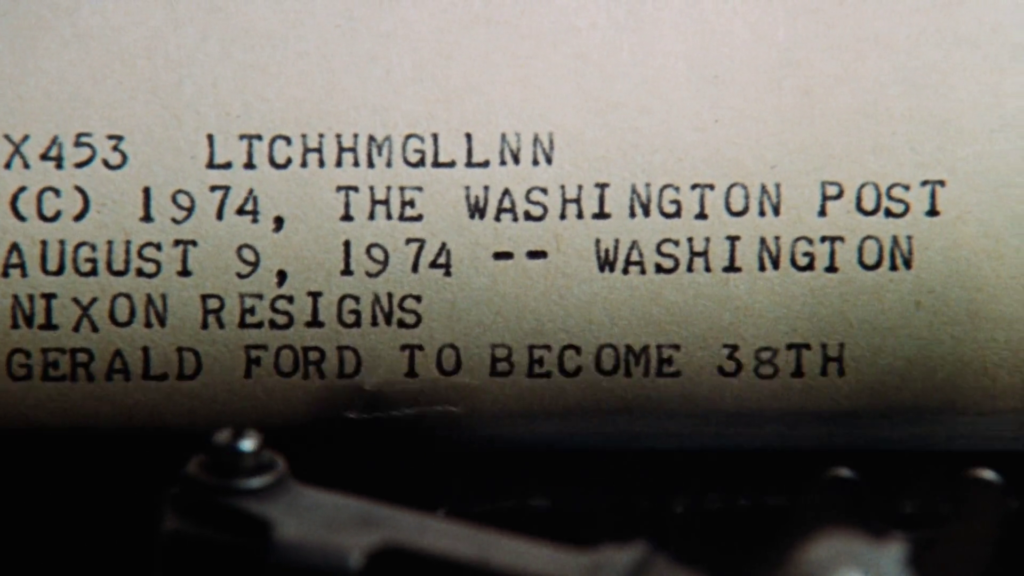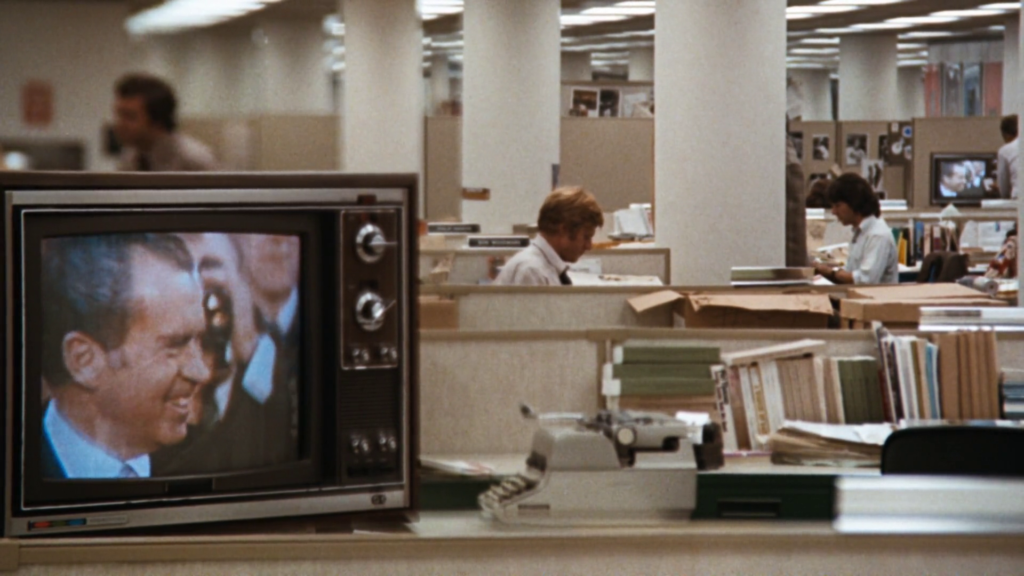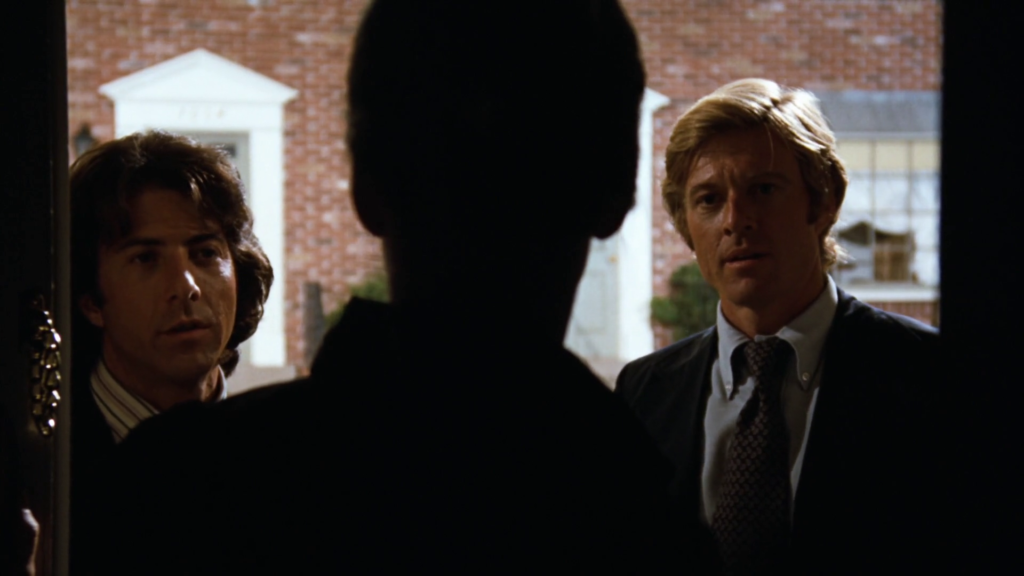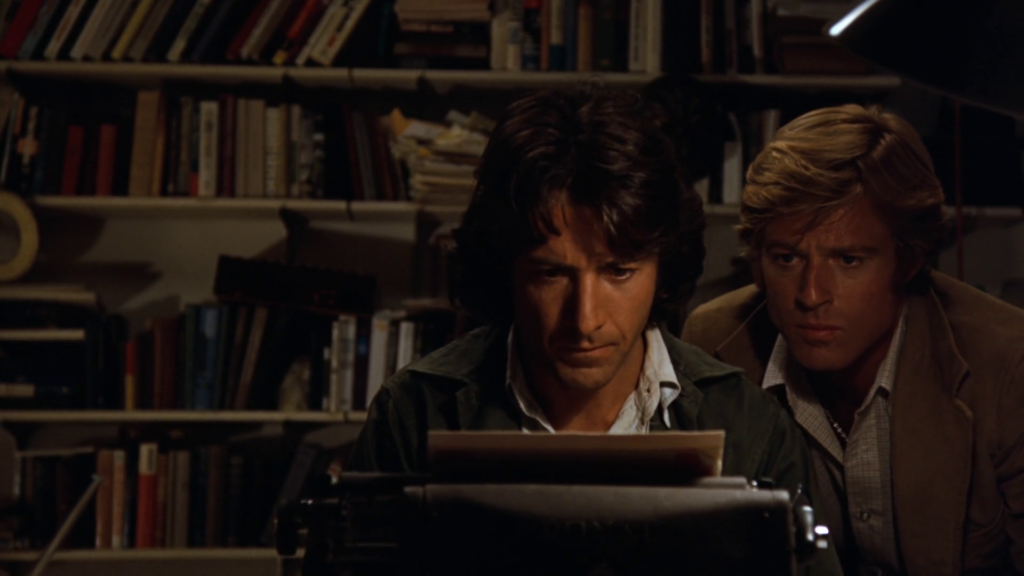Raging Bull (1980)
“Jake is never gonna be a champ. Too many people hate him.”
|
Synopsis: |
|
Genres, Themes, Actors, and Directors:
Response to Peary’s Review: … [and] his boxing sequences are surreal.” Peary notes that “as always, Martin Scorsese’s direction is powerful and his characters are natural and real, but, as is too often the case, he has chosen to film a script whose lead character is a thoroughly unlikable figure.” He argues that “eventually you may give up trying to figure out what makes La Motta tick and just get fed up with his antics.” However, he concedes that “scene by scene, the film has impact; particularly strong are those scenes with De Niro and Pesci… and the scene in which La Motta reacts to having thrown a fight for the only time in his career.” However, Peary asserts that “when the film ends, you realize it has no core, no real theme. It’s just about a louse.” (I disagree, as I’ll explain in a bit.) In Alternate Oscars, Peary insists he’s still not a fan of the film but, given its positive critical reception and beloved status by “the most astute film cultists,” he concedes it deserves to win Best Picture of the Year. He also agrees with Robert De Niro’s win as Best Actor of the Year, noting that “De Niro was great playing a character who, despite having stone hands and jaw, has no personality.” He writes that “La Motta comes across as just another of Scorsese’s inarticulate, incorrigible, misogynistic, violent, self-destructive Italian punks” who “seems to have no pride, except that he cries after throwing a fight and after winning the title.” He adds that “what La Motta likes to do — and he does it sometimes instead of sex — is beat up people, in the ring and at home. He expresses himself with his fists… All he does is eat, argue with Joey and Vickie, and fight.” However, despite detecting “no motivation for his jealous tantrums and abusiveness” we “keep watching… because De Niro is so powerful that we are paralyzed in our seats.” He notes that “what’s amazing is that while De Niro is trapped in a character who barely changes over the years, he still gives a performance that is excitingly unpredictable.” I’m much less concerned than Peary about the apparent “lack of motivation” for La Motta’s abusive, self-loathing personality. This film is not about why La Motta became so paranoid and vicious, but rather about the impact that his inability to control his mental demons had on himself and those around him. Because the people he lashes out at are either in the ring or (eventually) have the sense to walk away from him (and he doesn’t stalk them), we know that his actions and volatile personality — which become tamer as he ages and gains more weight — have tragically cost him a lifetime of happiness. It’s brutal to watch, but this one rings really true, and does indeed remain powerful viewing. Redeeming Qualities and Moments:
Must See? Categories
(Listed in 1001 Movies You Must See Before You Die) Links: |
